Everything We Have Ever Missed | Alastair Cook and John Glenday
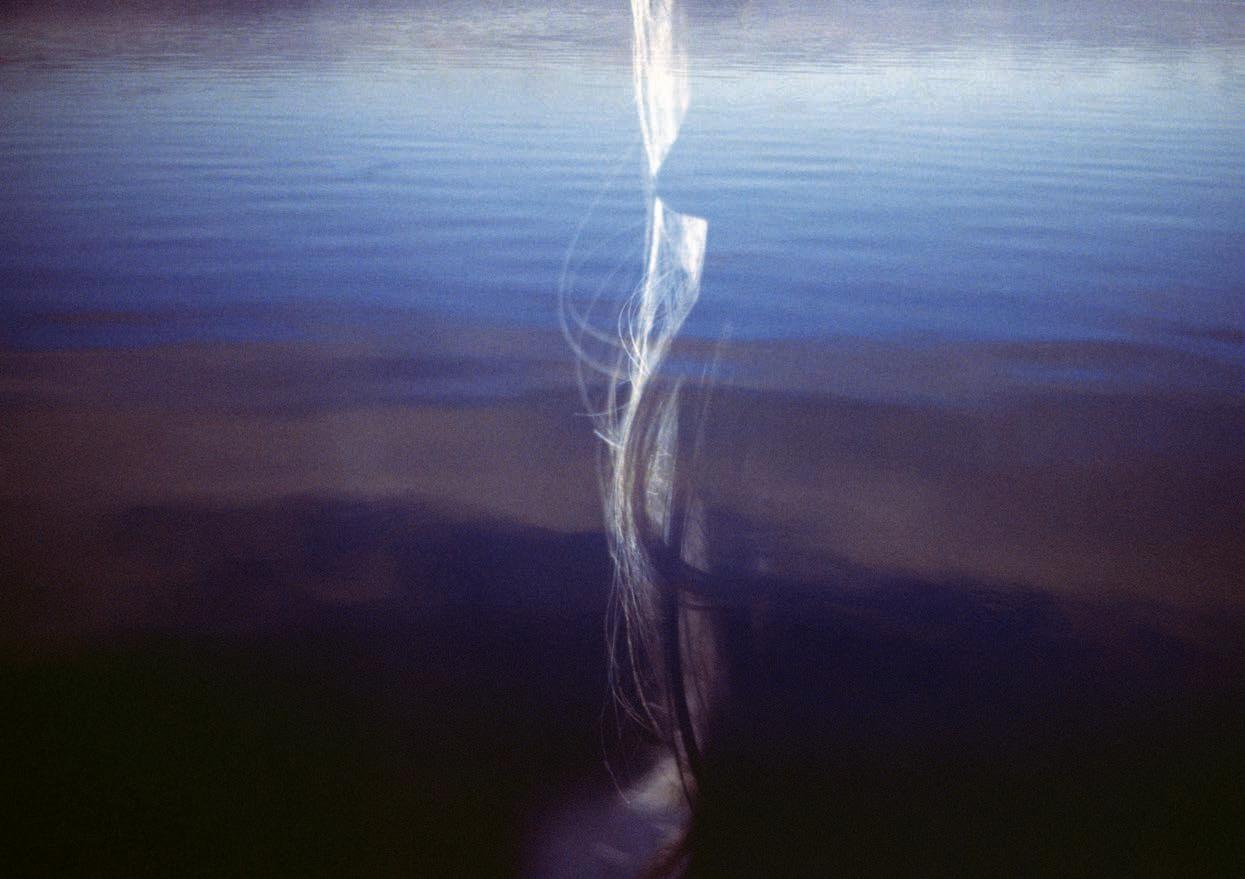

Everything We Have Ever Missed | Alastair Cook and John Glenday

Everything We Have Ever Missed was made by Alastair Cook and John Glenday during a series of walks through Greenock’s industrial past this last winter. It is part of Absent Voices | www.absentvoices.com
Absent Voices is an artist-led project centred on the Scottish town of Greenock. Using the category A listed Sugar Sheds on James Watt Dock as a catalyst, eight artists are working within the community and reaching out to the wider world. Absent Voices is principally funded by the Heritage Lottery Fund.
“Alastair’s photographs are carefully composed and conceived studies which use the camera’s framing eye to convey rich metaphor and a sense of quiet, spiritual wonderment.”
{Giles Sutherland, critic for The Times}
“John’s highly crafted lyrics are like wrought iron.”
{Griffin Poetry Prize}
“The best art makes other artists rejoice and despair, as these did me. I felt strongly that if my best poems were images, they would look like this – or I hope they would. Double exposures, surely, because the world shows itself in layers. We want form amongst an overwhelm of shape and sound. We want clarity. There is no clarity. The way to see clearly is to accept the clutter. Look at how it is, not how you want it to be. Look at yourself likewise, naturally.”
{Jo Bell, poet}
Everything We Have Ever Missed is ©Alastair Cook and John Glenday.
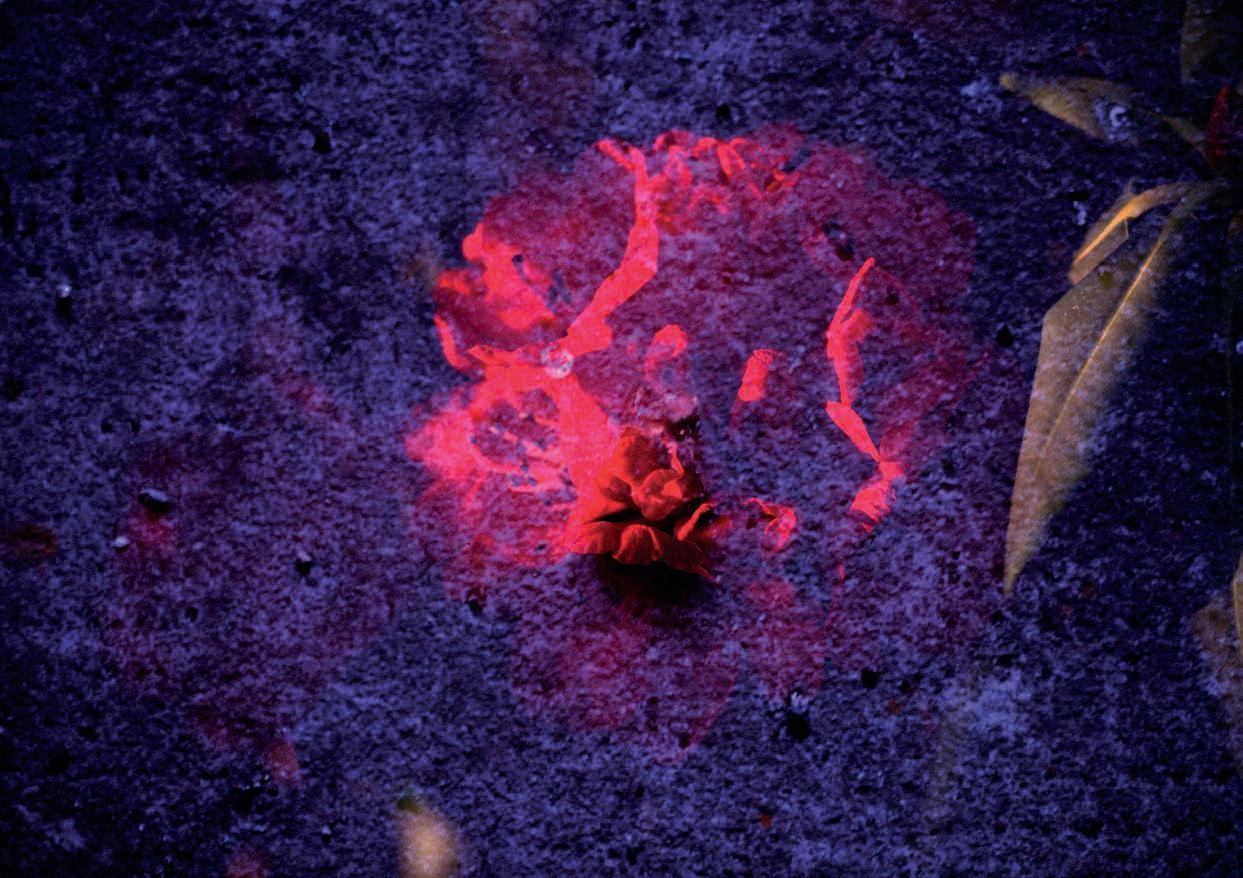
Something is growing in the dark, so beautiful it could never have been part of you it clings to the dark earth you grew from. Remember how naïve you were, in that dream, when the scarlet blossom unfurled, and you reached out towards it, because you imagined it must be love?
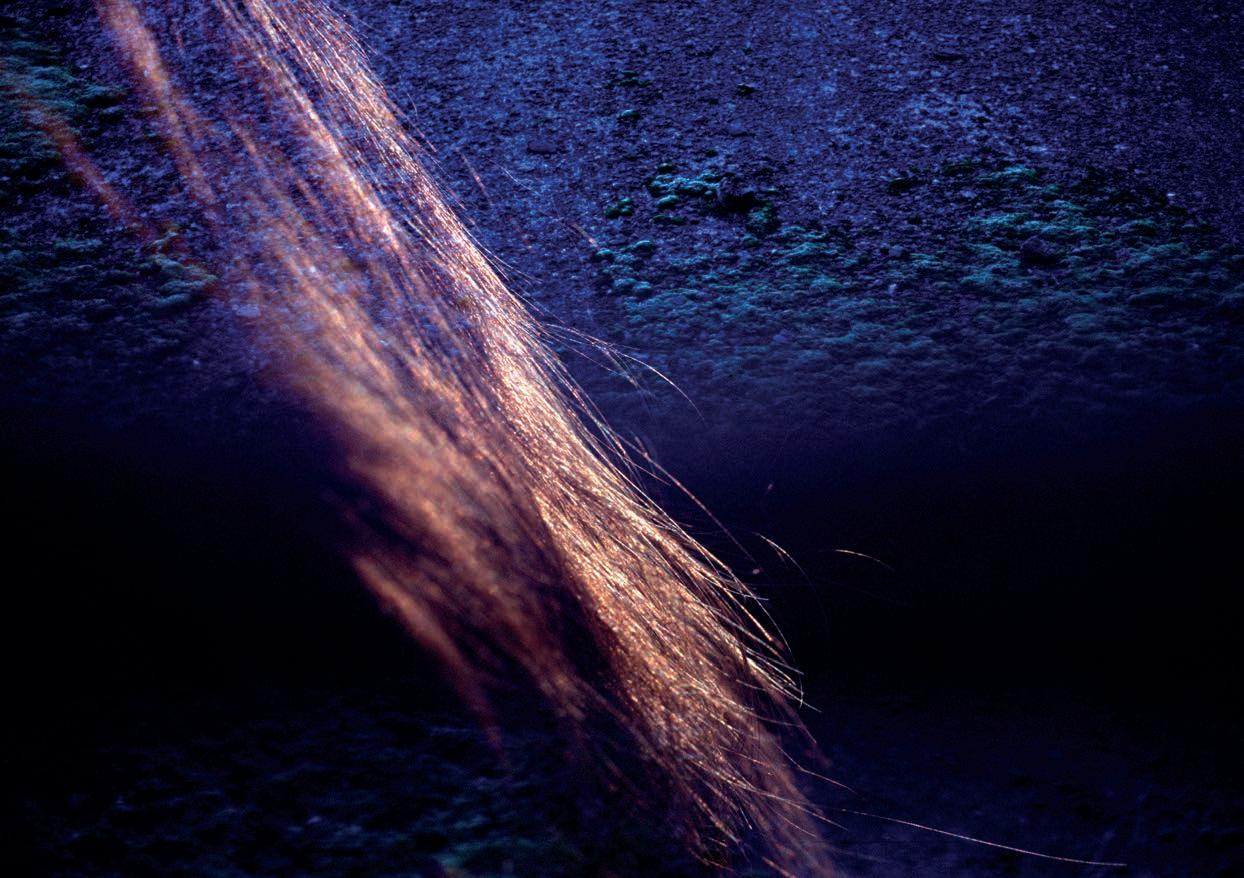
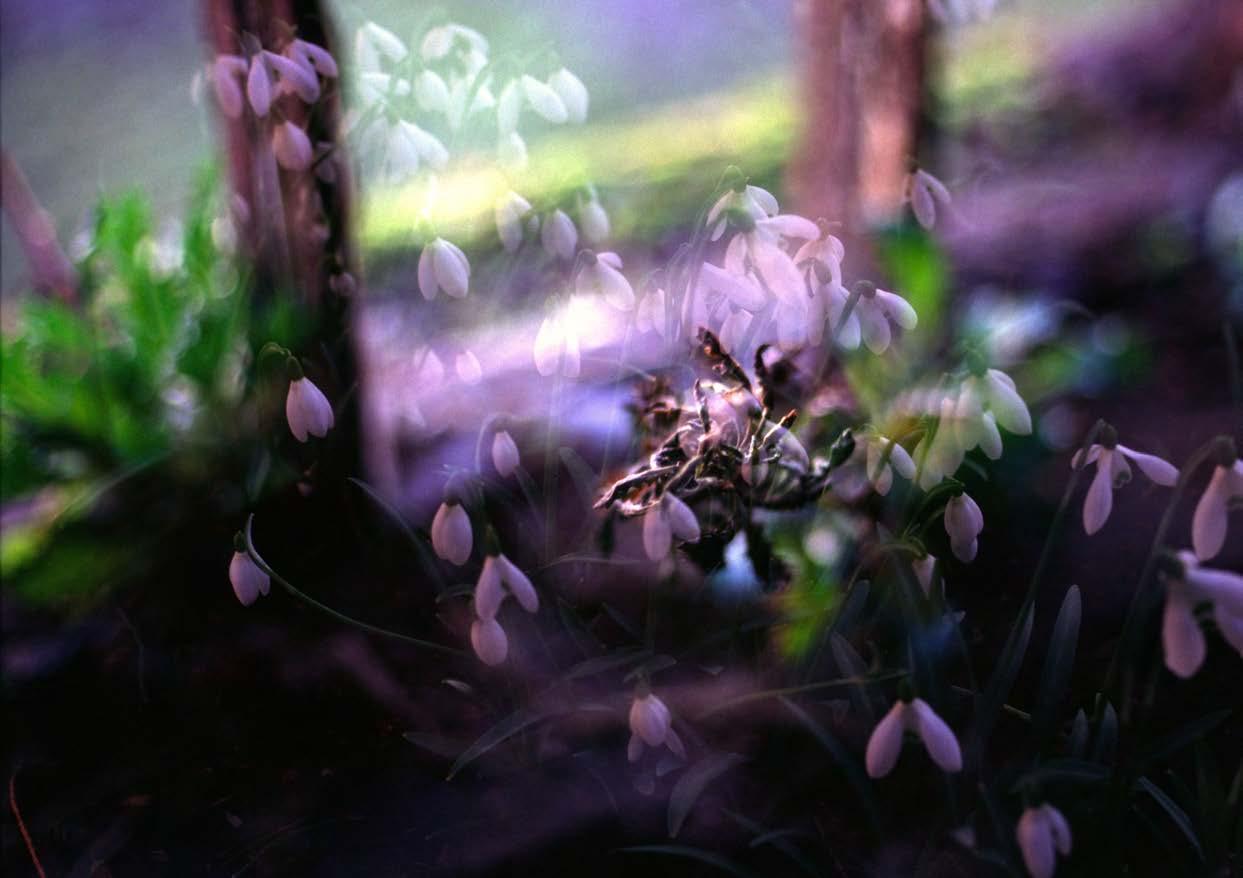
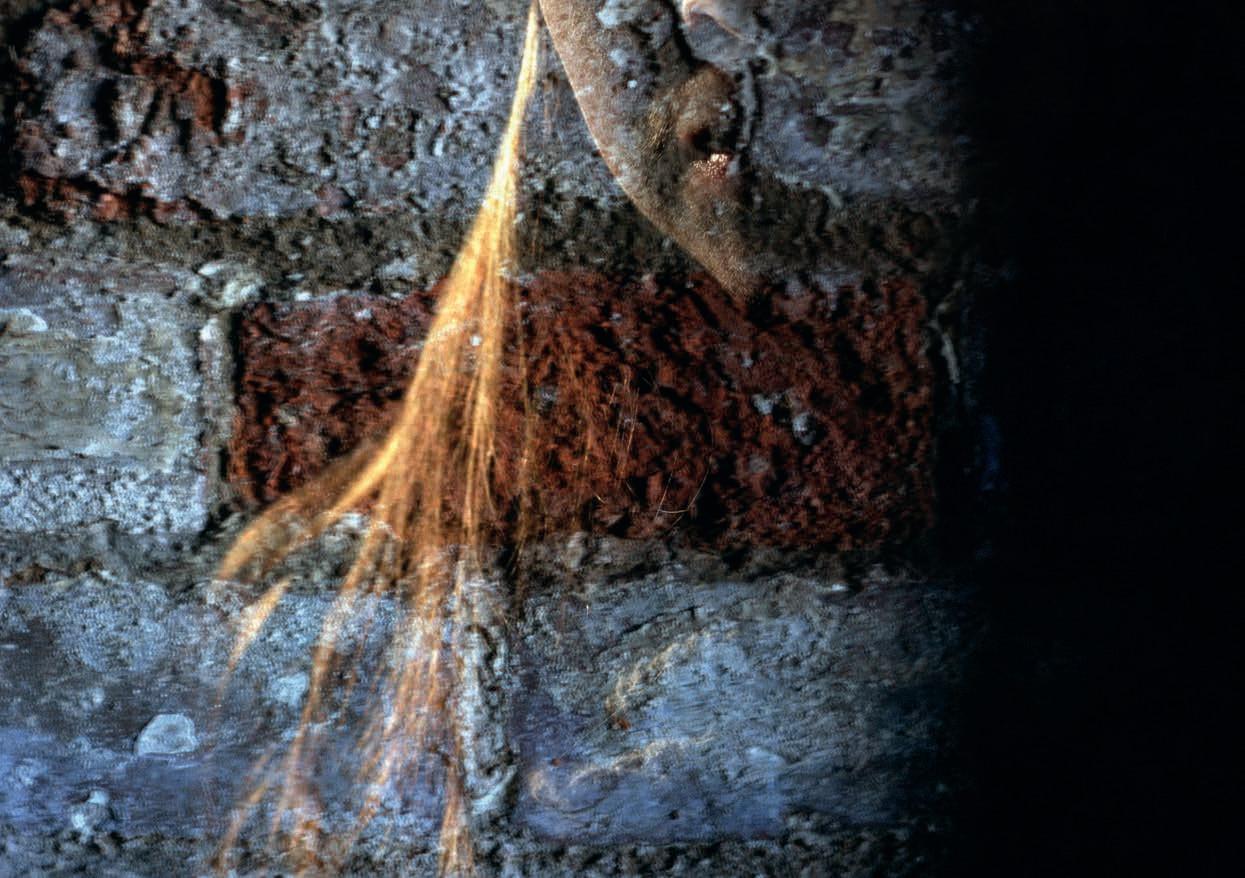
That first time she kissed you, then laughed and turned and walked away. You wanted to taste again what she had done, so you grasped the warehouse wall and kissed its stone.
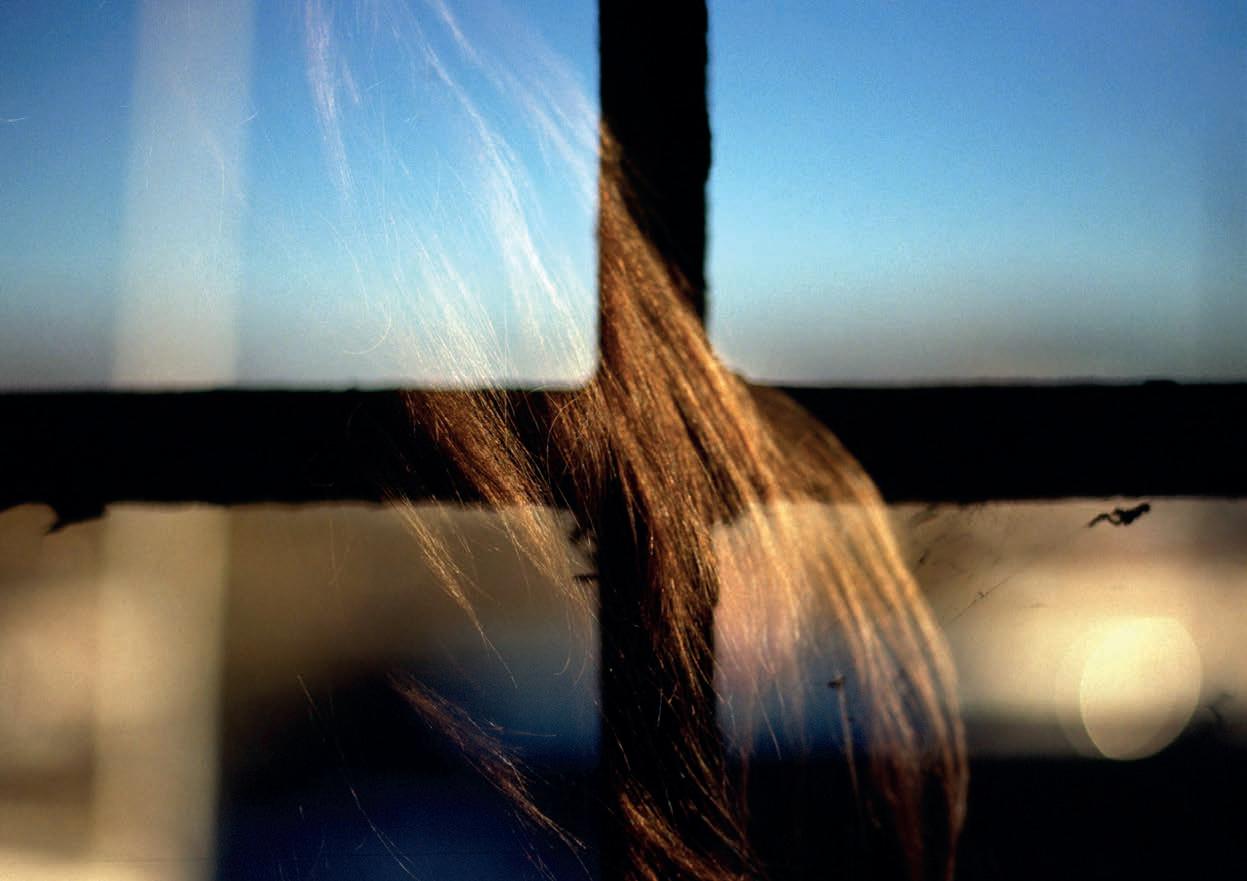
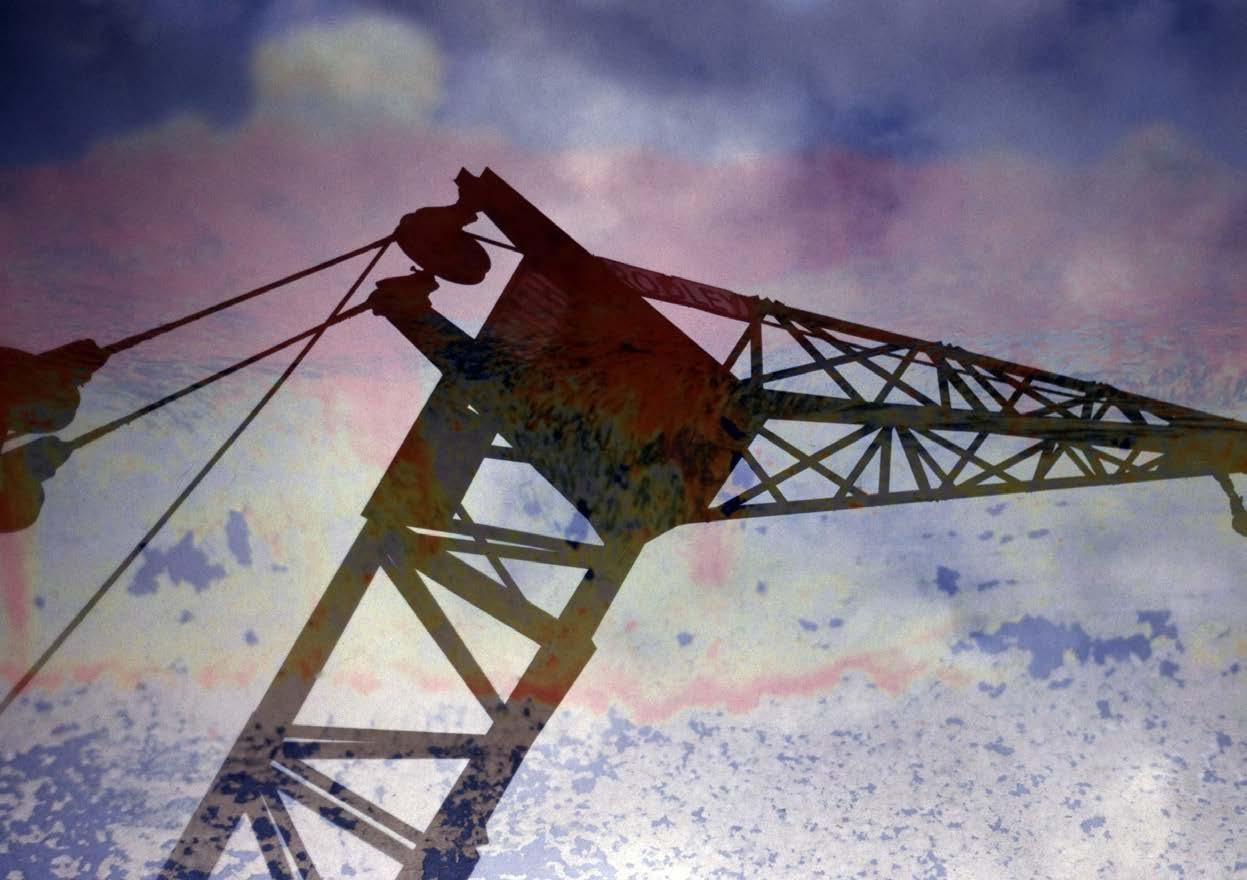
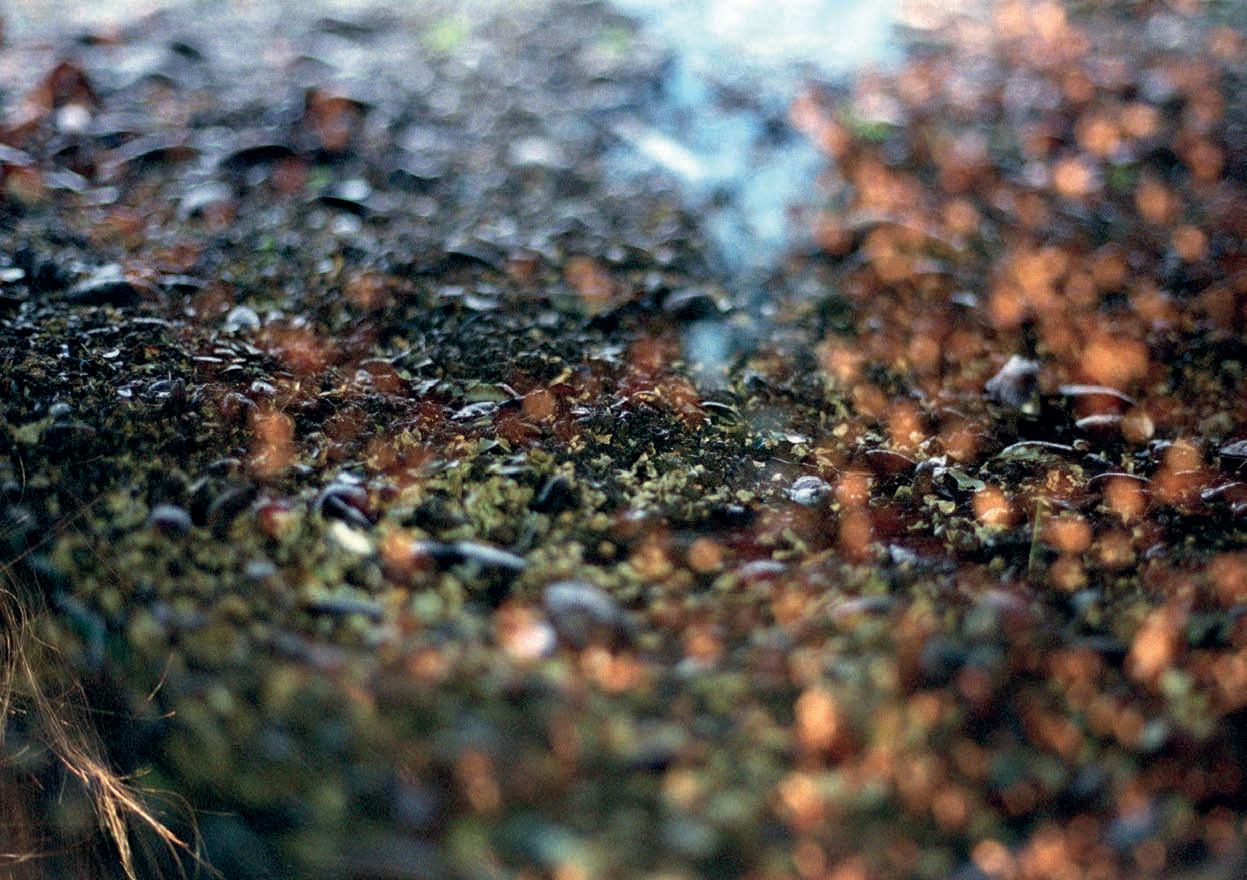
Even in a strand of hair, a patch of moss and the path turned bright by the fall of rain. The loss of everything and worse still, the remembering.
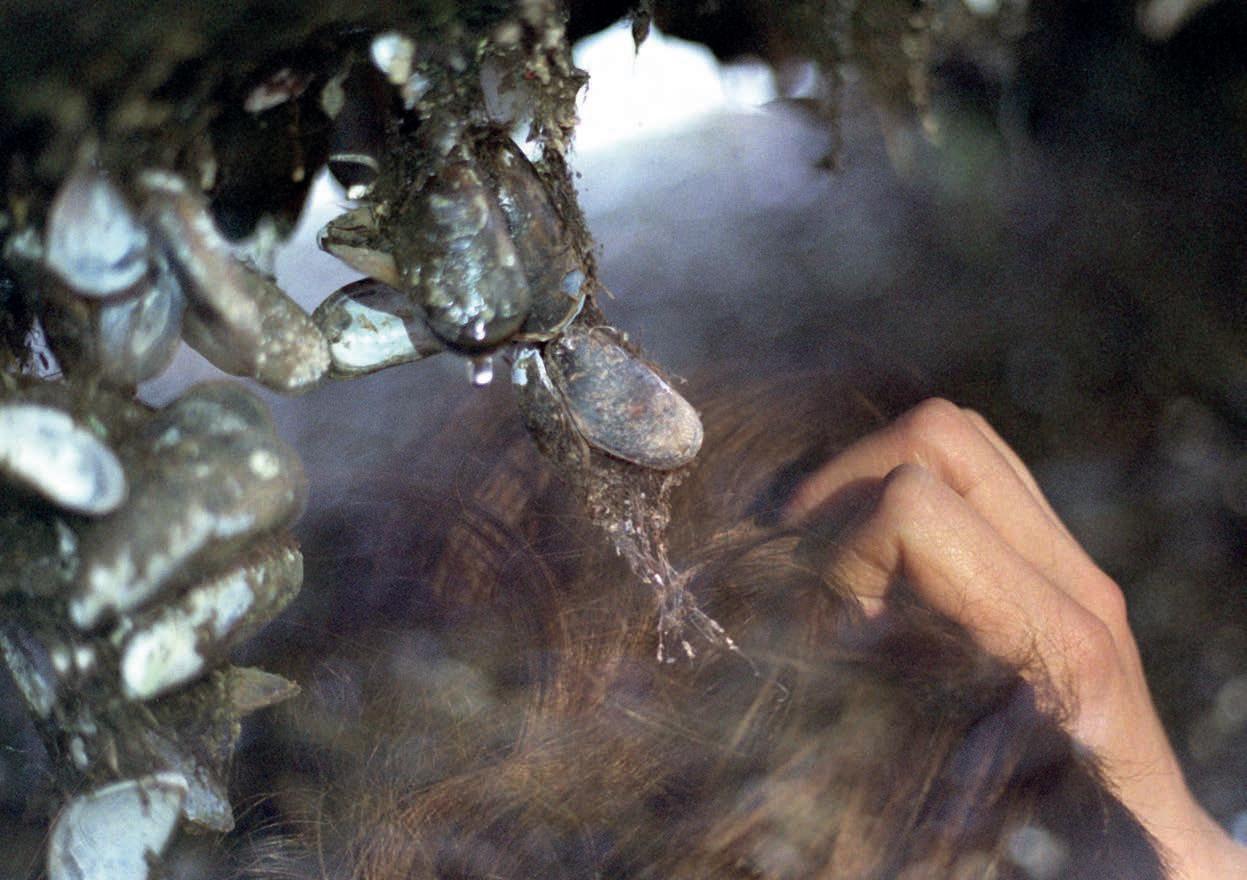
Lying beside her in the dark it’s the sea shifting behind her breast a drift of salt seasoning the air and something tugging towards a place where she ends and the world begins.
I am the reflection and the pool. whatever once broke me breaks in me.
I am the sailor, and the sea.
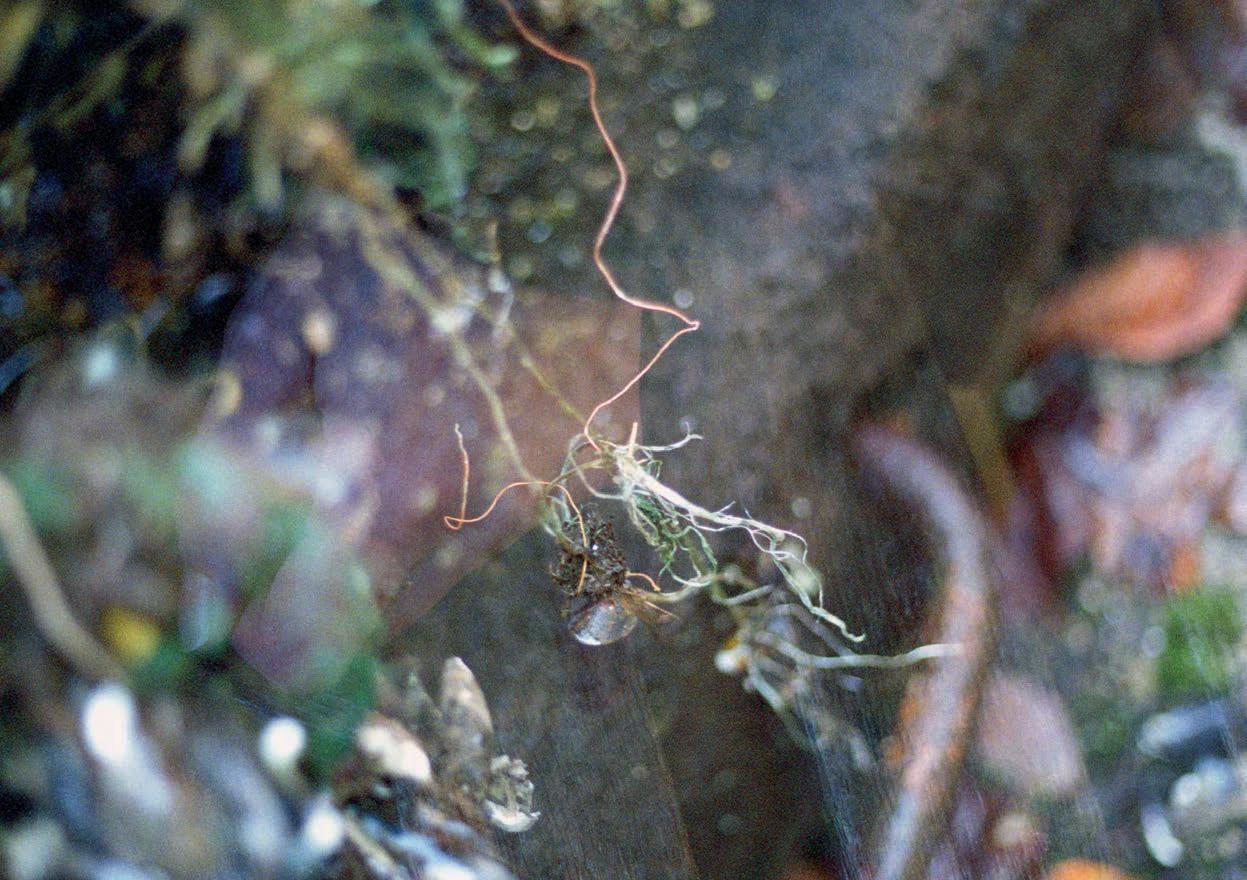
one step between the iron and the sea between the rivet and the gun between the woman and the road between the island and the sea between the cargo and the crane
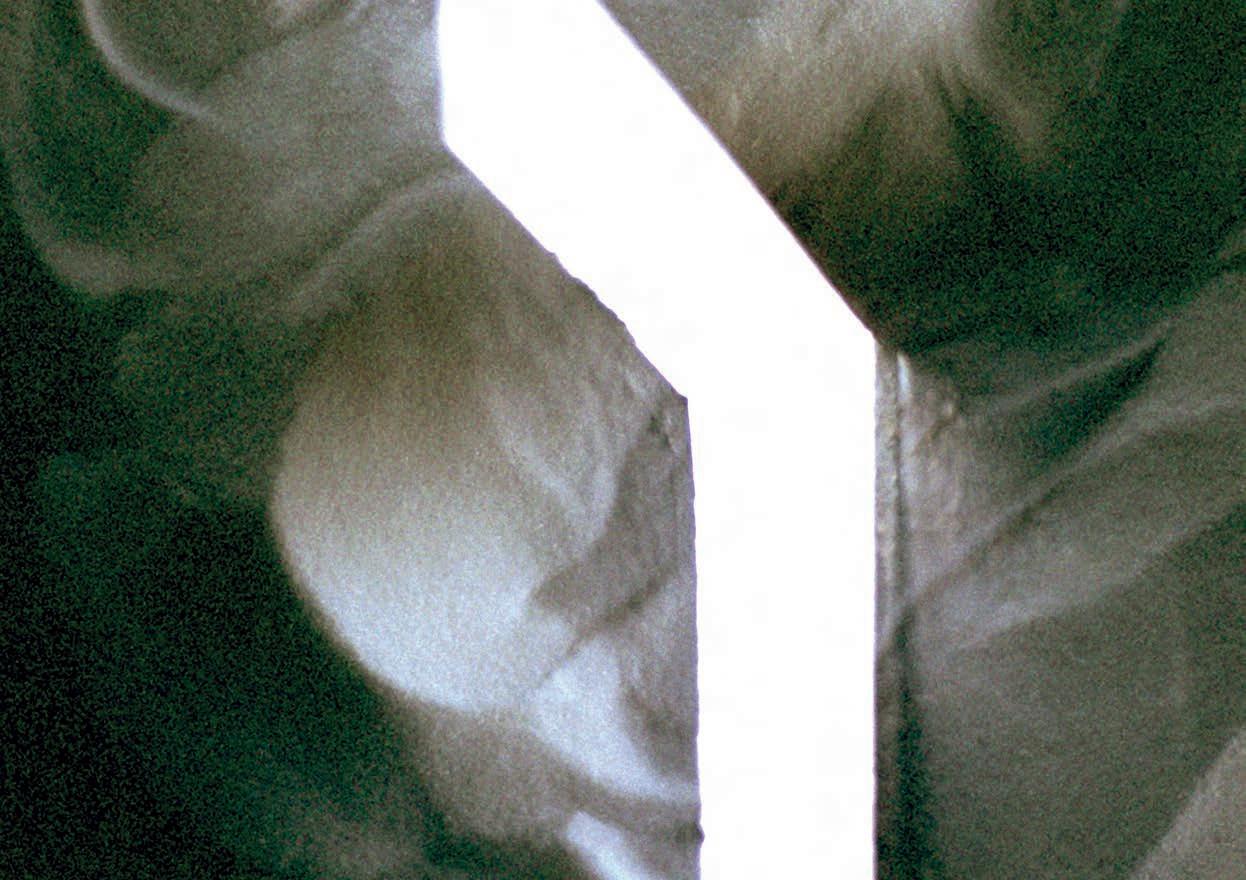
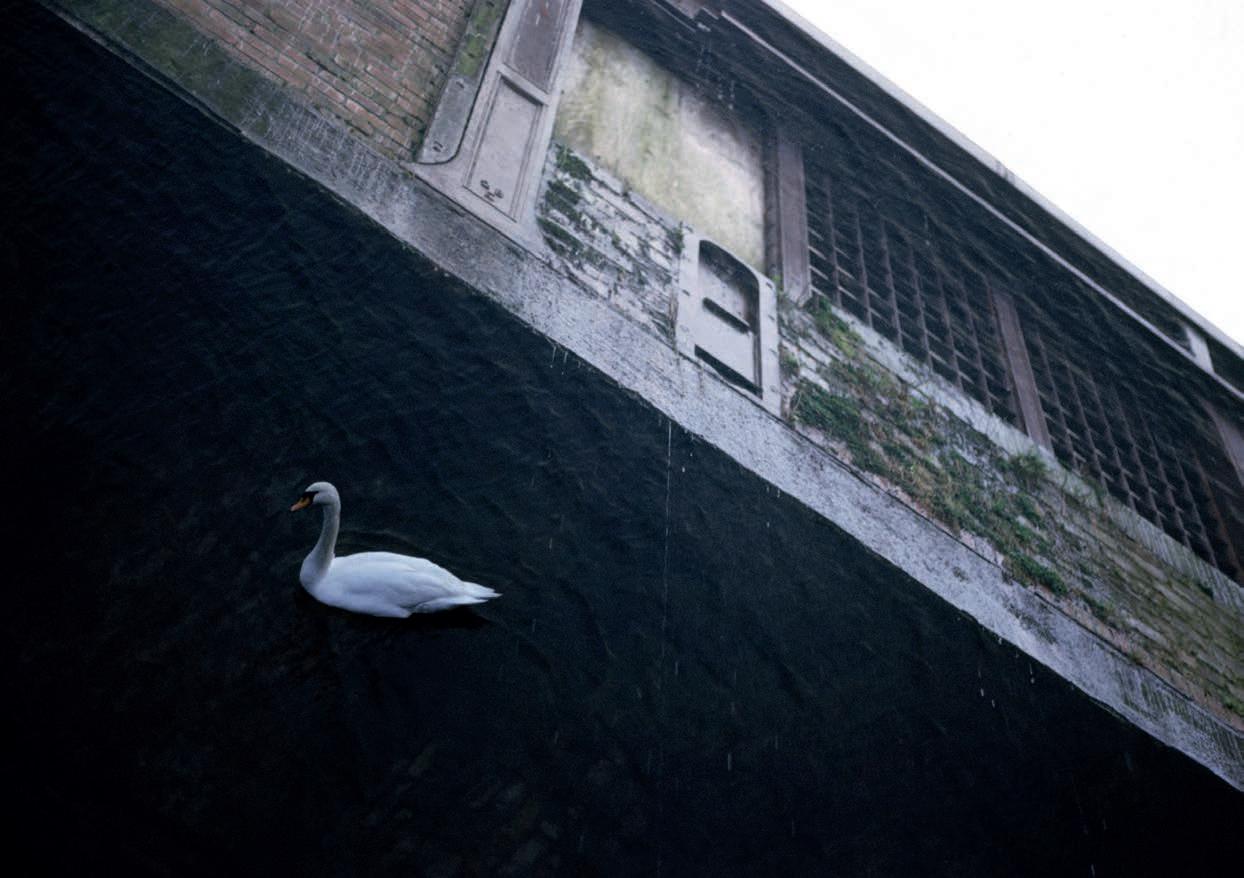
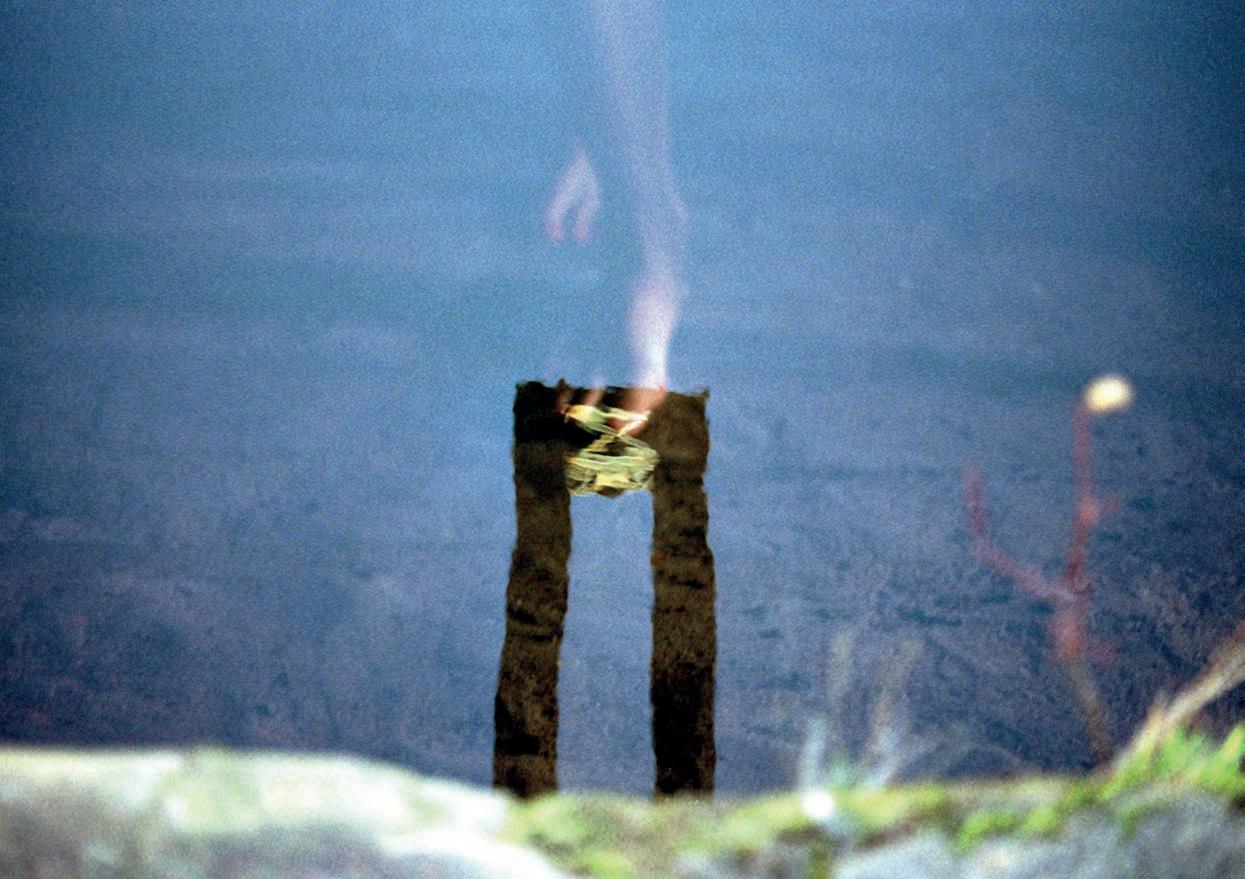
torii means the place birds live the threshold between the sacred and profane the grasslands and the water this is the path
she must take the only path
But it is too small to be considered too narrow for even a girl to pass through
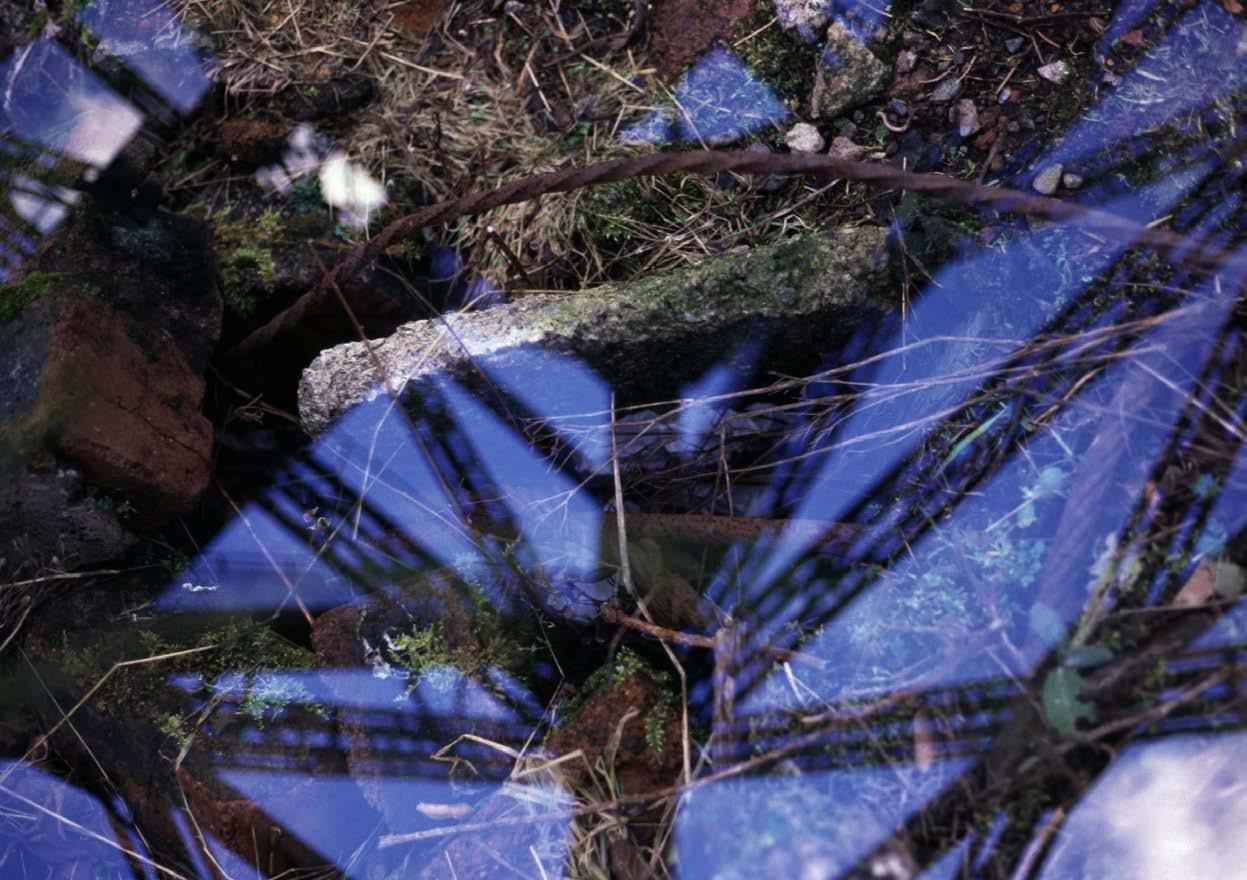
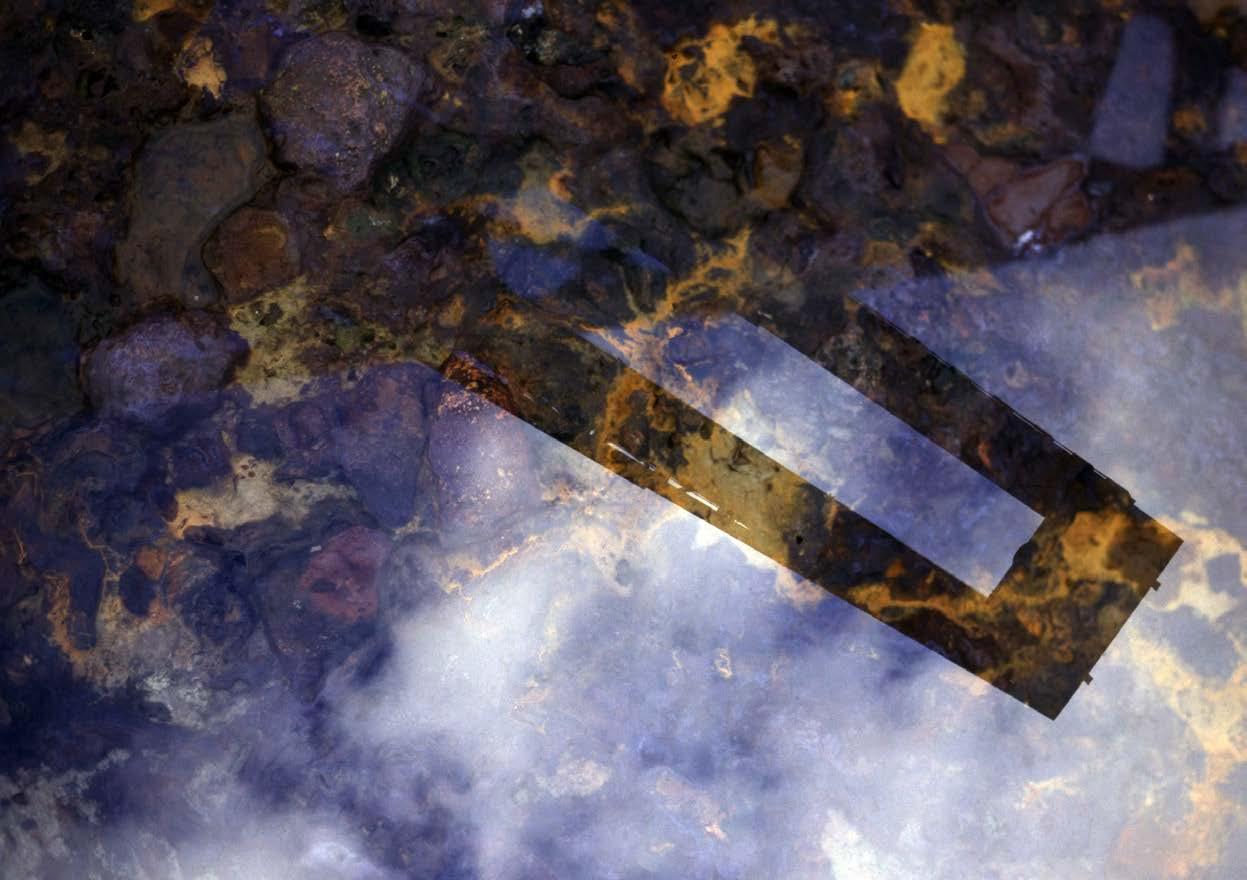
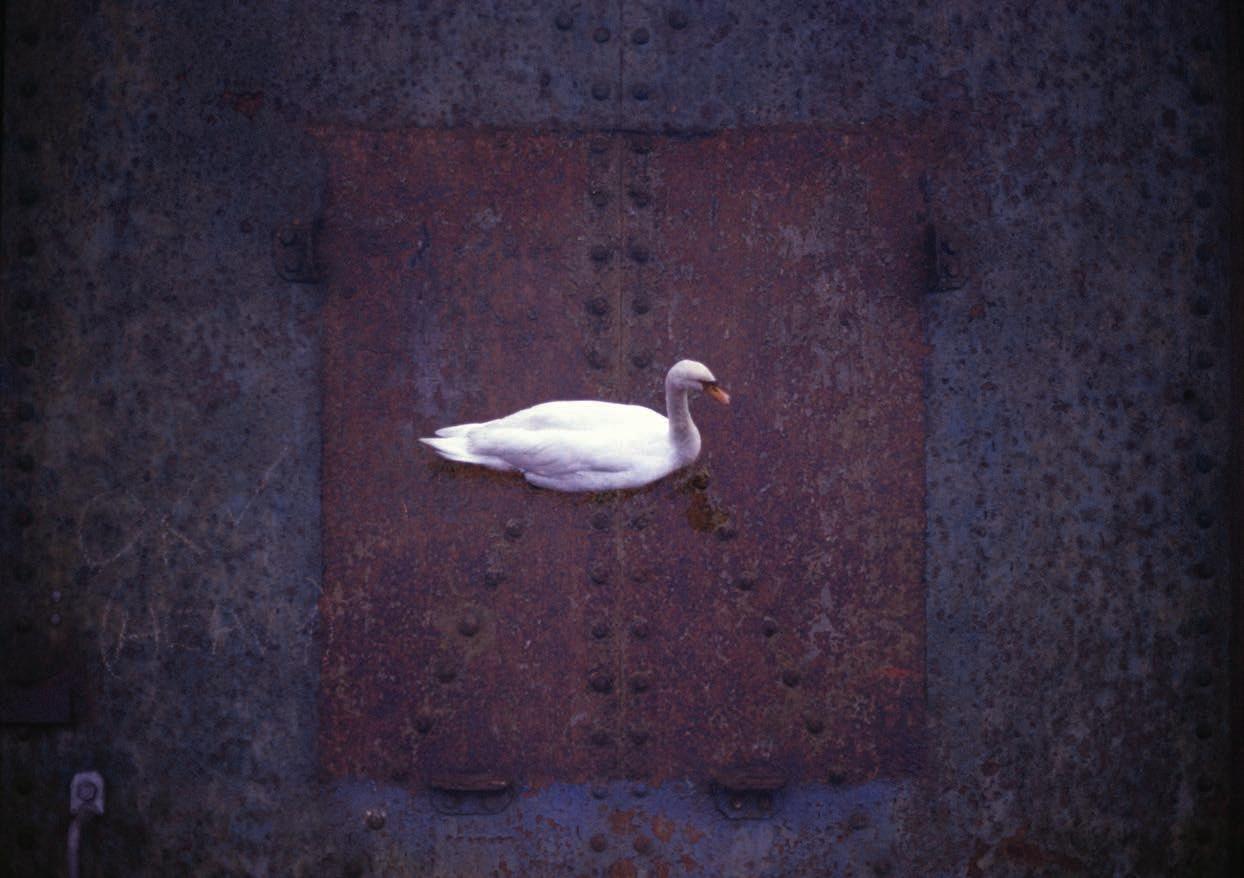
So you’re walking to work again, the sleep still bitter in your mouth, and the road the same road, so familiar, so unloved, it might as well be walking in you. And the weather hangs above you like a sort of stone and the winter is as biting as an ancient love and the dockyards call out like an angry thing and your heart is breaking, and your arms are wings.
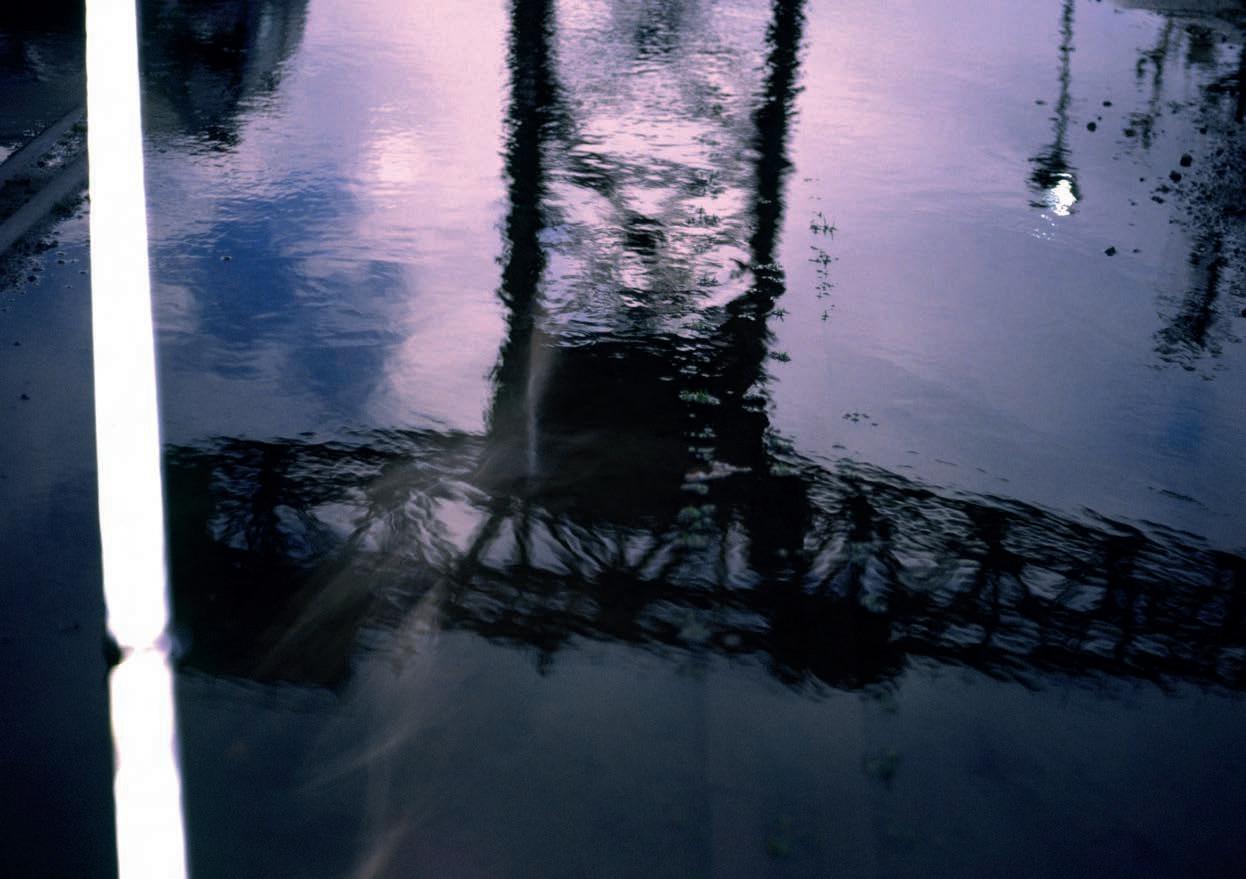
This is the land of spoke too soon the land of spoke too little. This is the land of never spoke at all. I promise, should I find I’m the first one ever here I’ll hoist my white flag at the place where nothing at all begins and shout out to myself: I claim this land. My love, I claim this land for you.
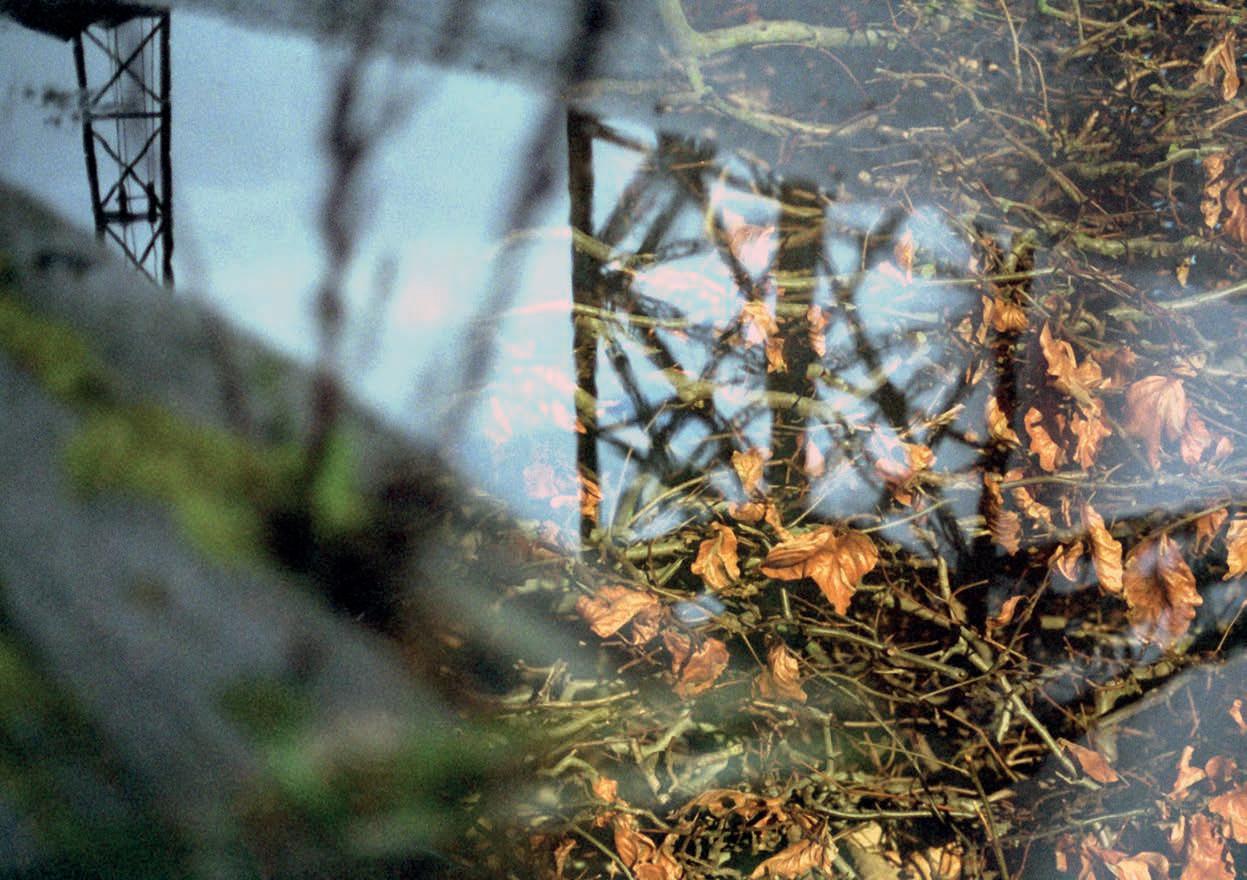
We climbed trees; sat on walls swinging our legs; shot birds; rolled marbles; watched the sea; gathered stones and sea-worn glass and things that once belonged to the past as if we almost knew what we thought would be ours forever, was already lost.
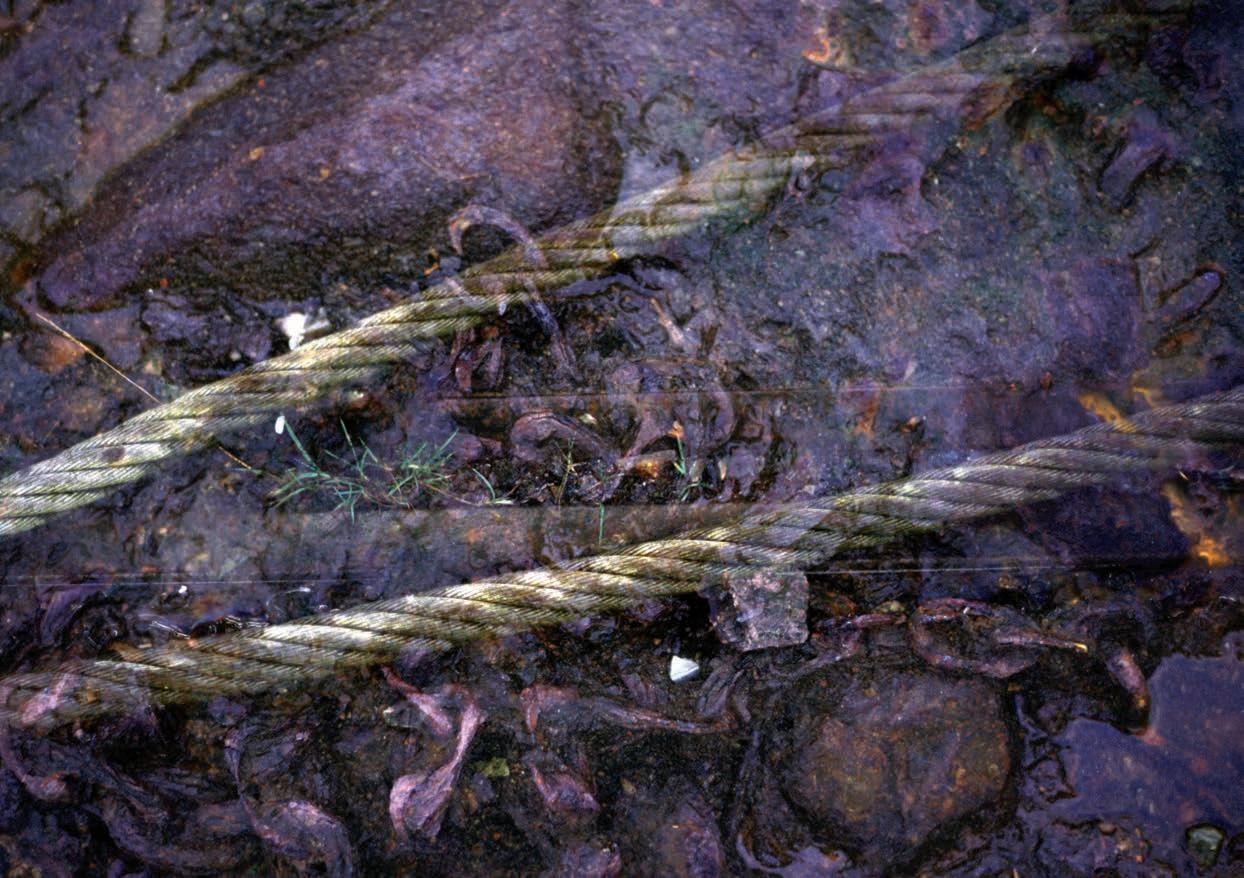
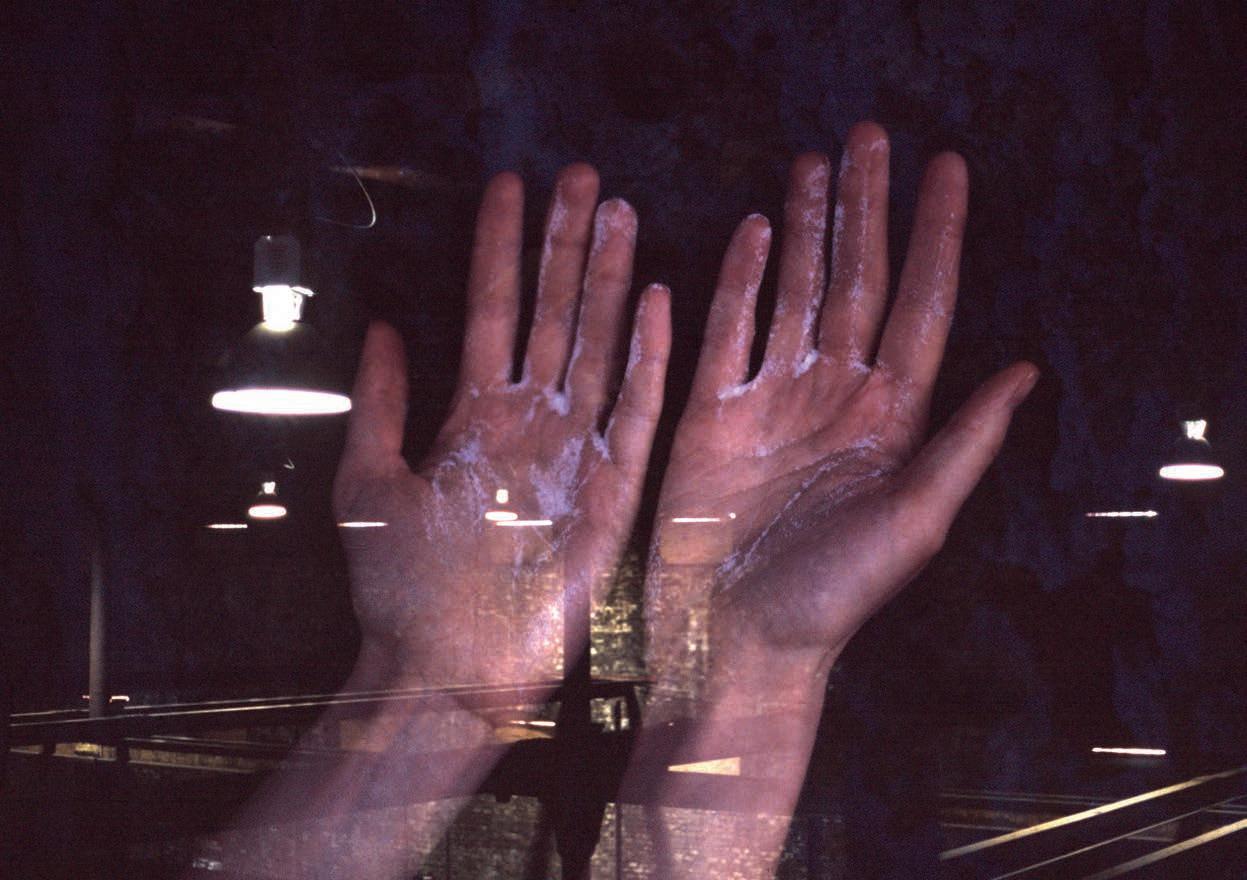
Imagine your hands not for what they might hold but for what once held them. Now imagine the weight of all the things they have ever lost. They are empty. They are overflowing.
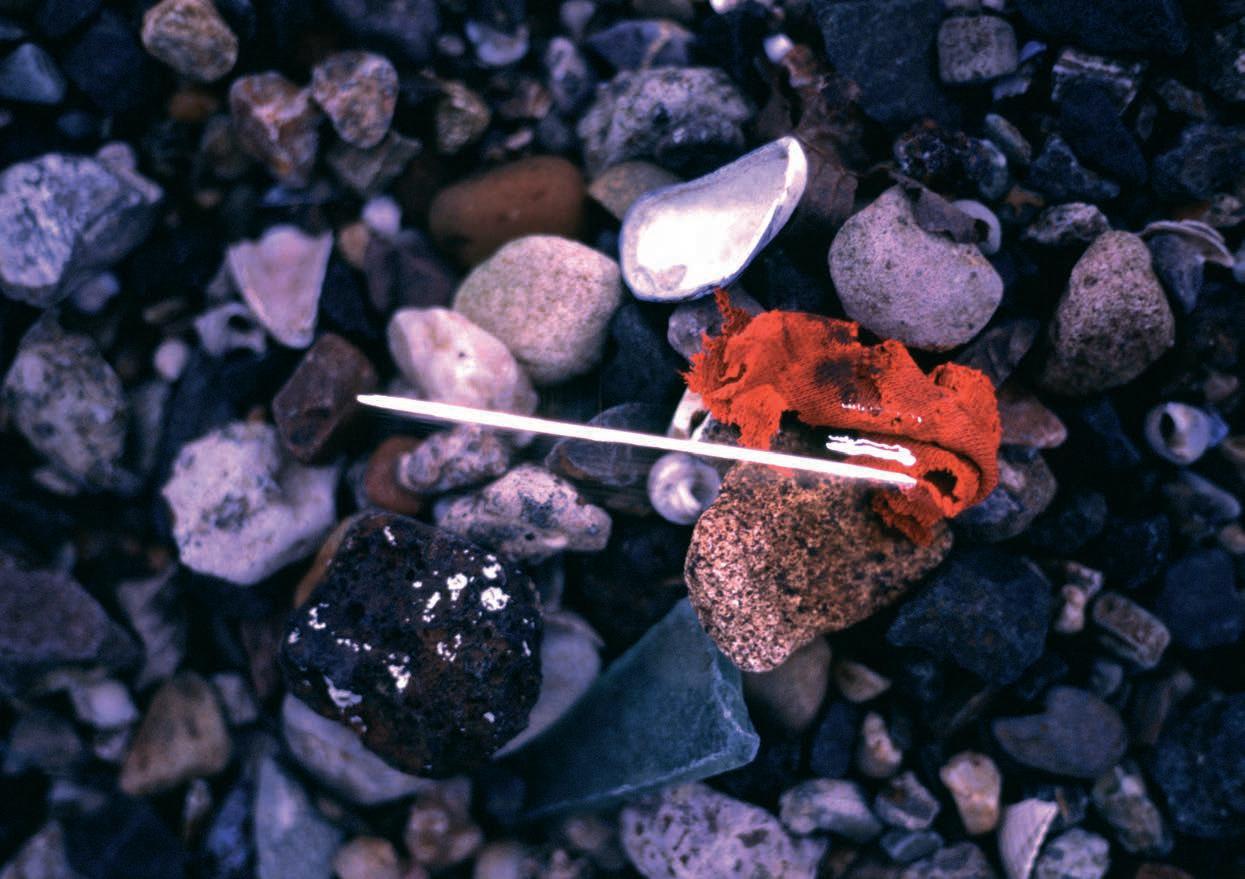
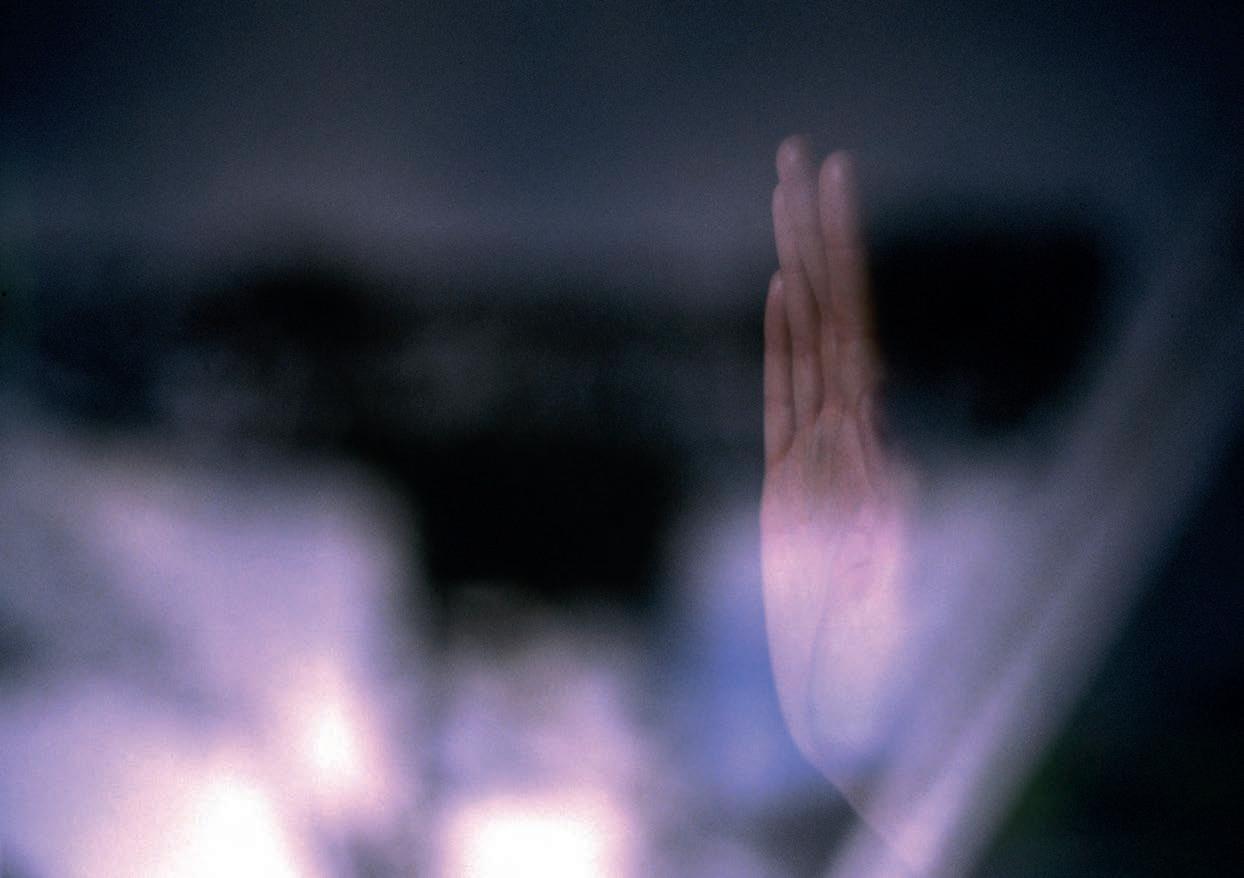
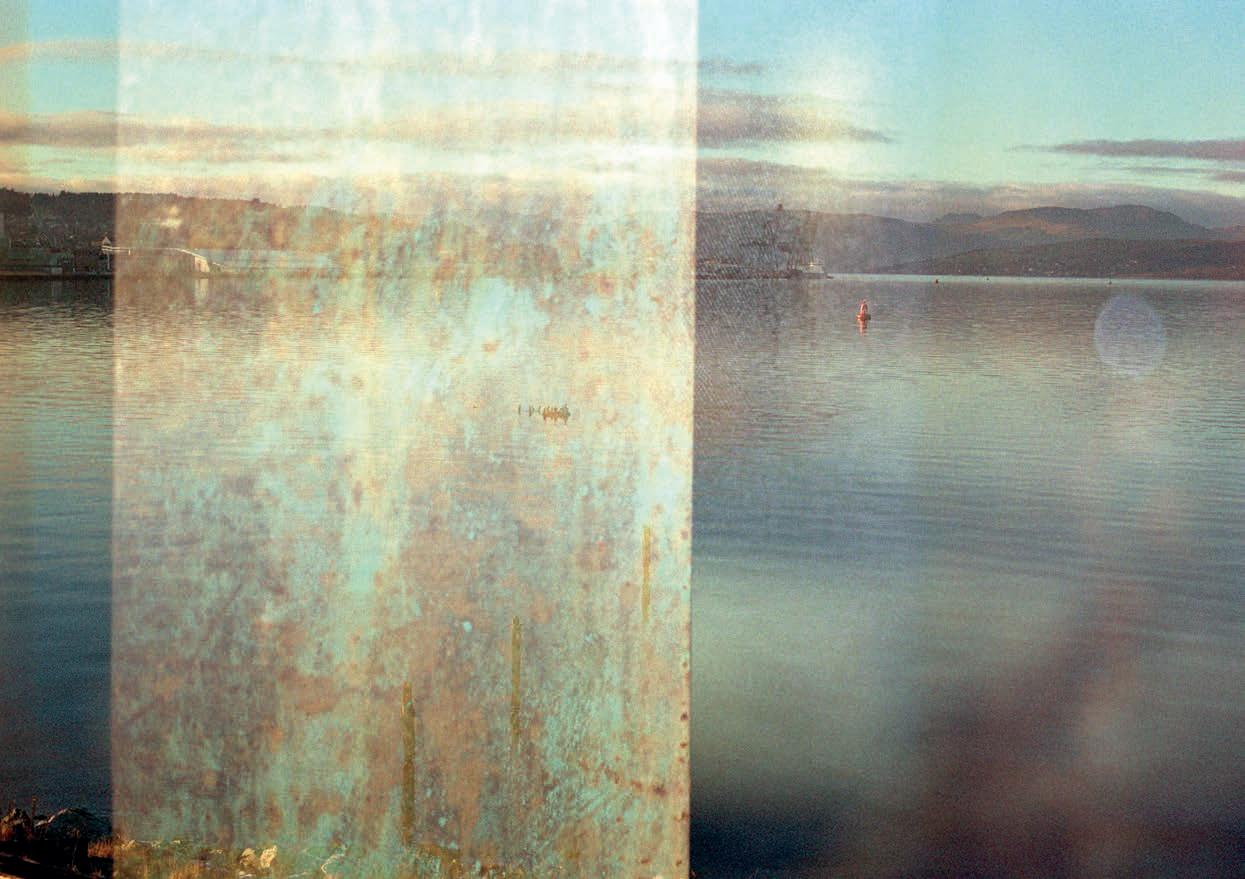
Ashlar. General term for a people who are shaped or fashioned and broken. To be heaped up randomly or roughly stored.
That which is held for common use. Infill. Of little worth. Break them in different ways but they will always be the same.
Hold them in the dark; remind yourself why they should stay forgotten. These days there is little interest in stones that bear names.
May they be piled up and given this title in common.
Let them take their place in the register of unspoken things.
May they never be acknowledged again.
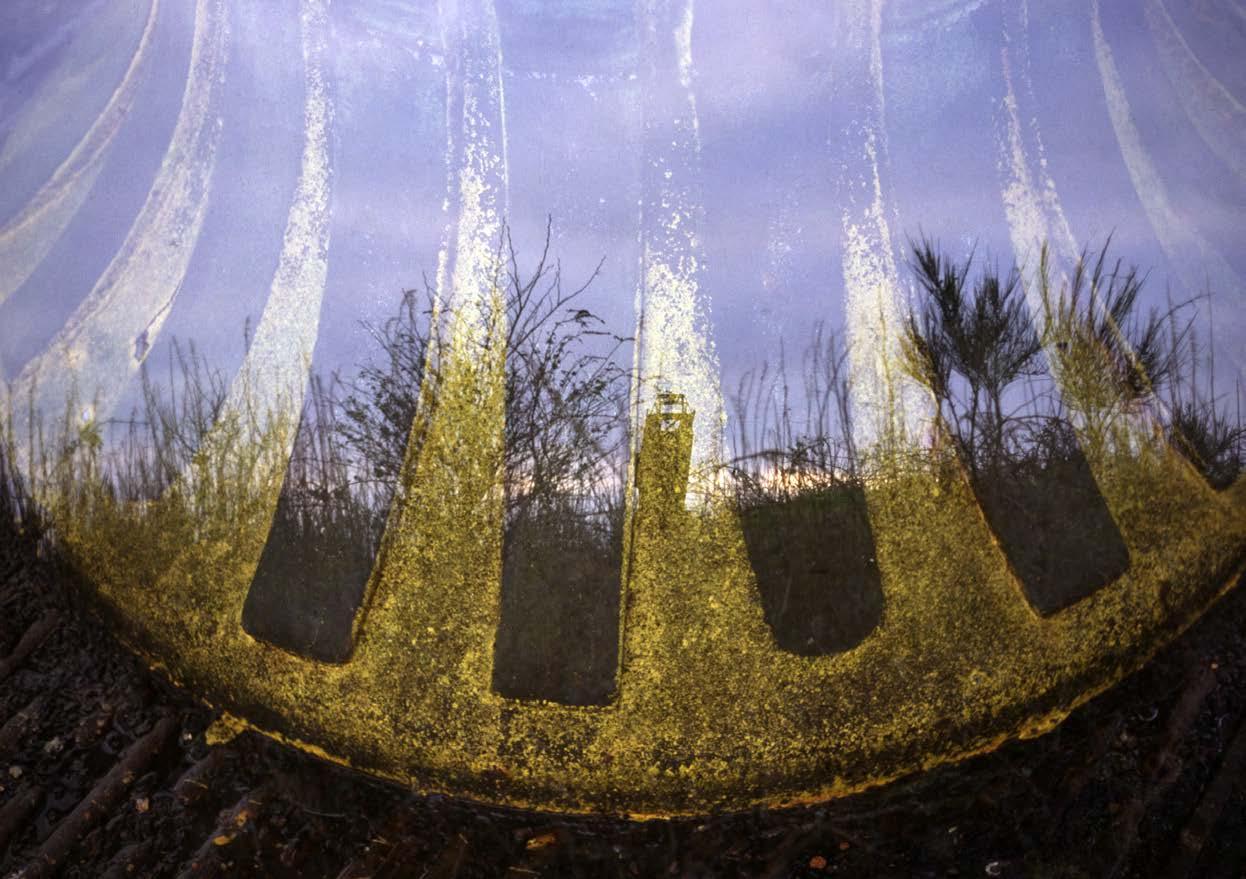
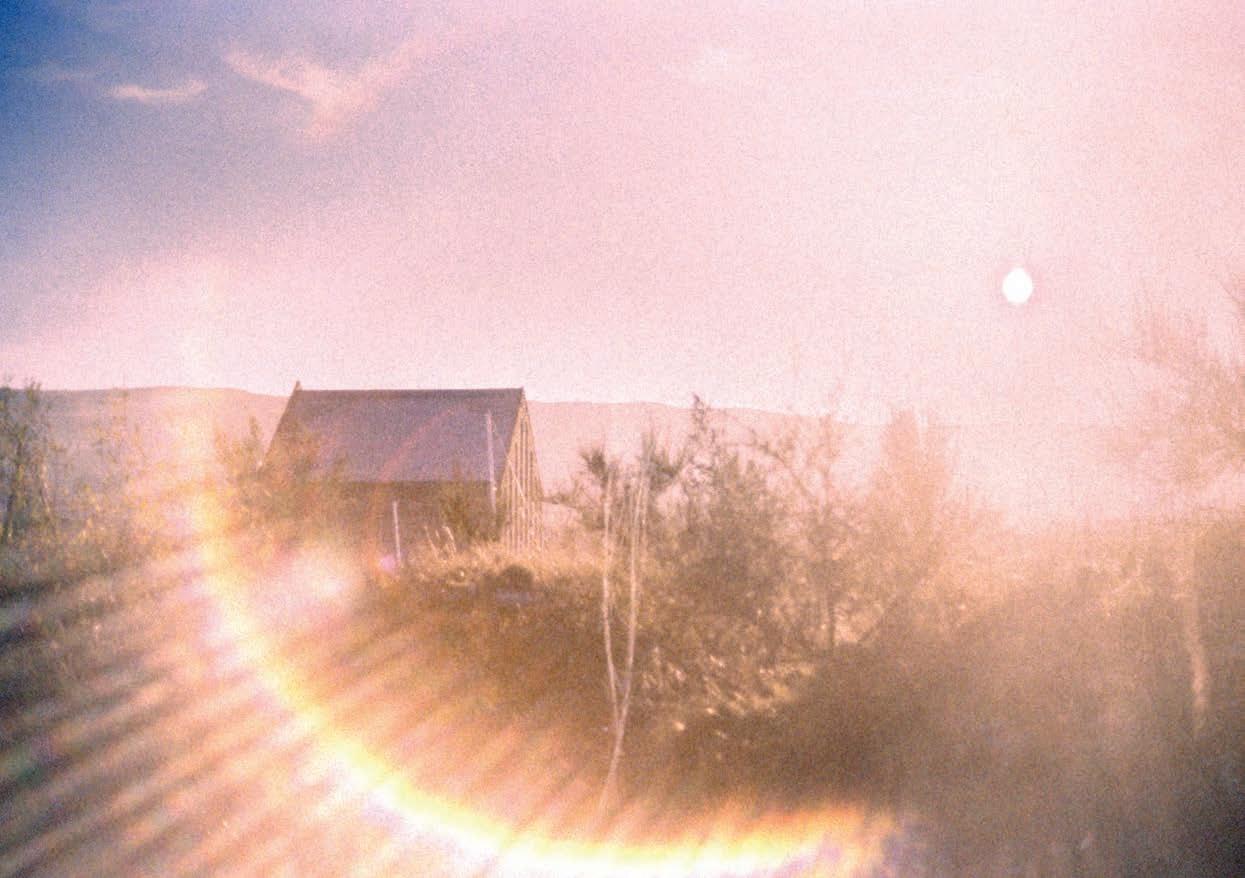
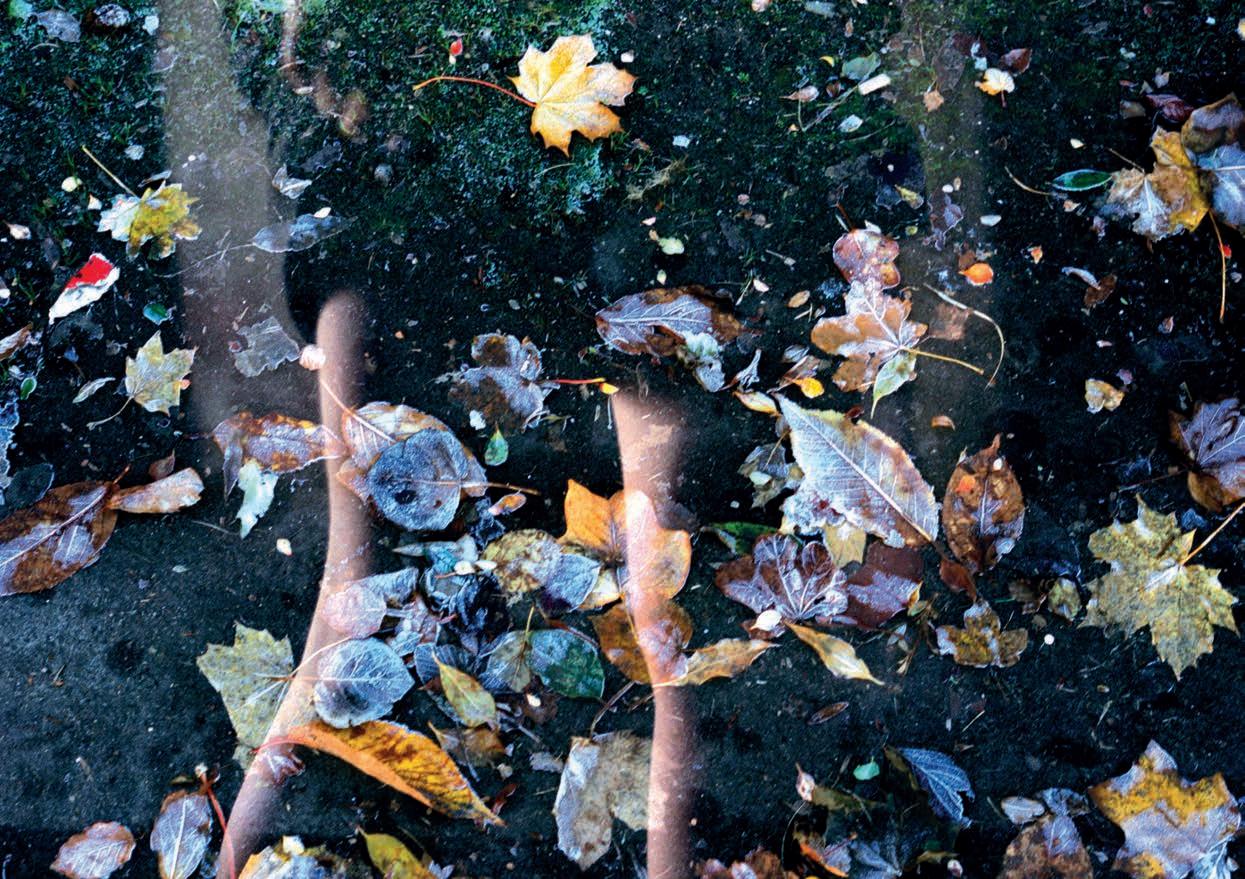
Art is like the past - it’s all about translucency. To stare back through layers of fiction towards a place almost real, but never quite. Echoes of something you know you should never name. Early light against the water. A door half open; your father whispering that the sun is built from flames.
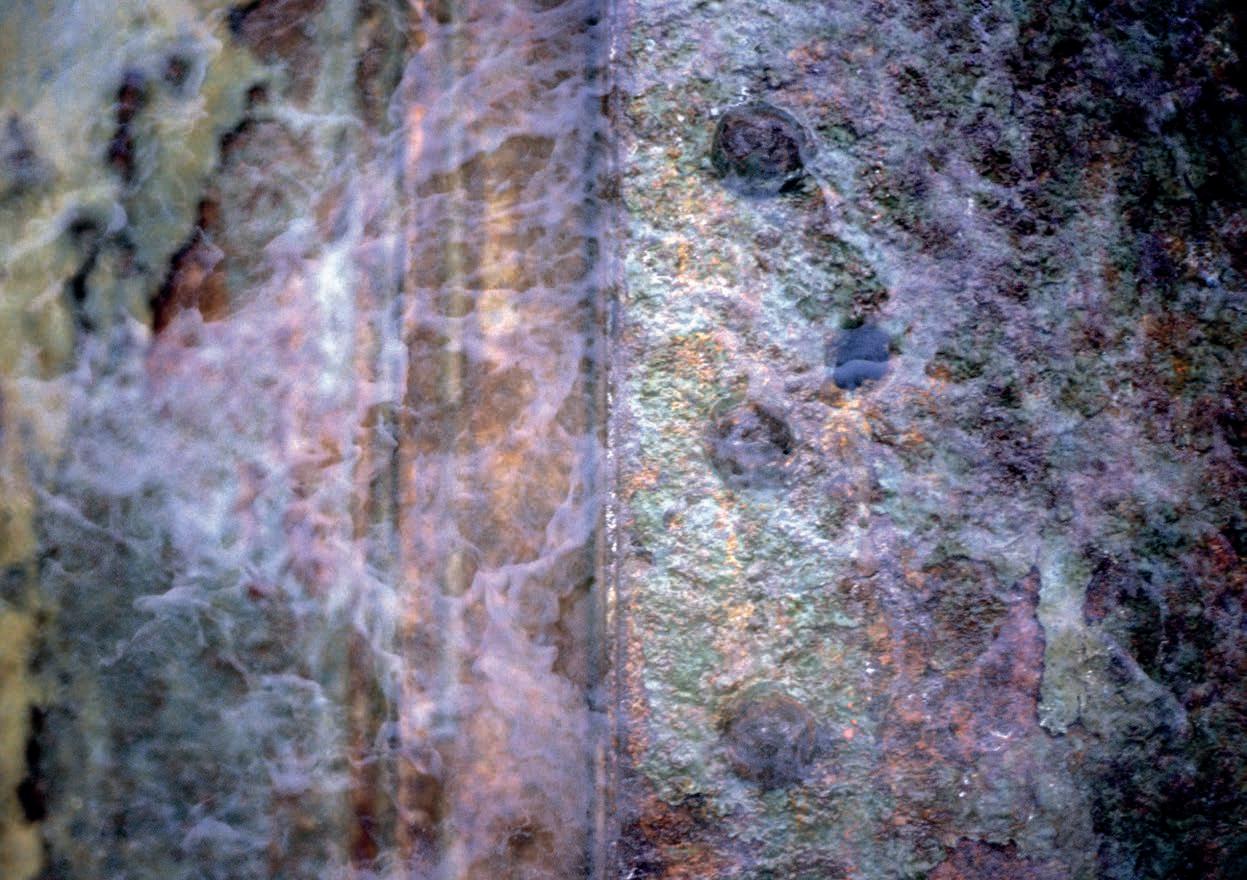
Buddleia does well here, at least. It thrives on flowers of sulphur, concrete dust, coiled swarf and radon’s heavy bloom. No wonder the petals gleam the utter blue of a welder’s flame. No wonder the blossom rusts so easily, a shiver in the grass-choked guttering.
In summer, in her day, butterflies lingered here, all the colours of ash and earth and blood.
Look at her now, shielding her eyes with a hand as their fragile clockwork unwinds through the onshore wind, high over the dual carriageway and corner shops, towards the hills.
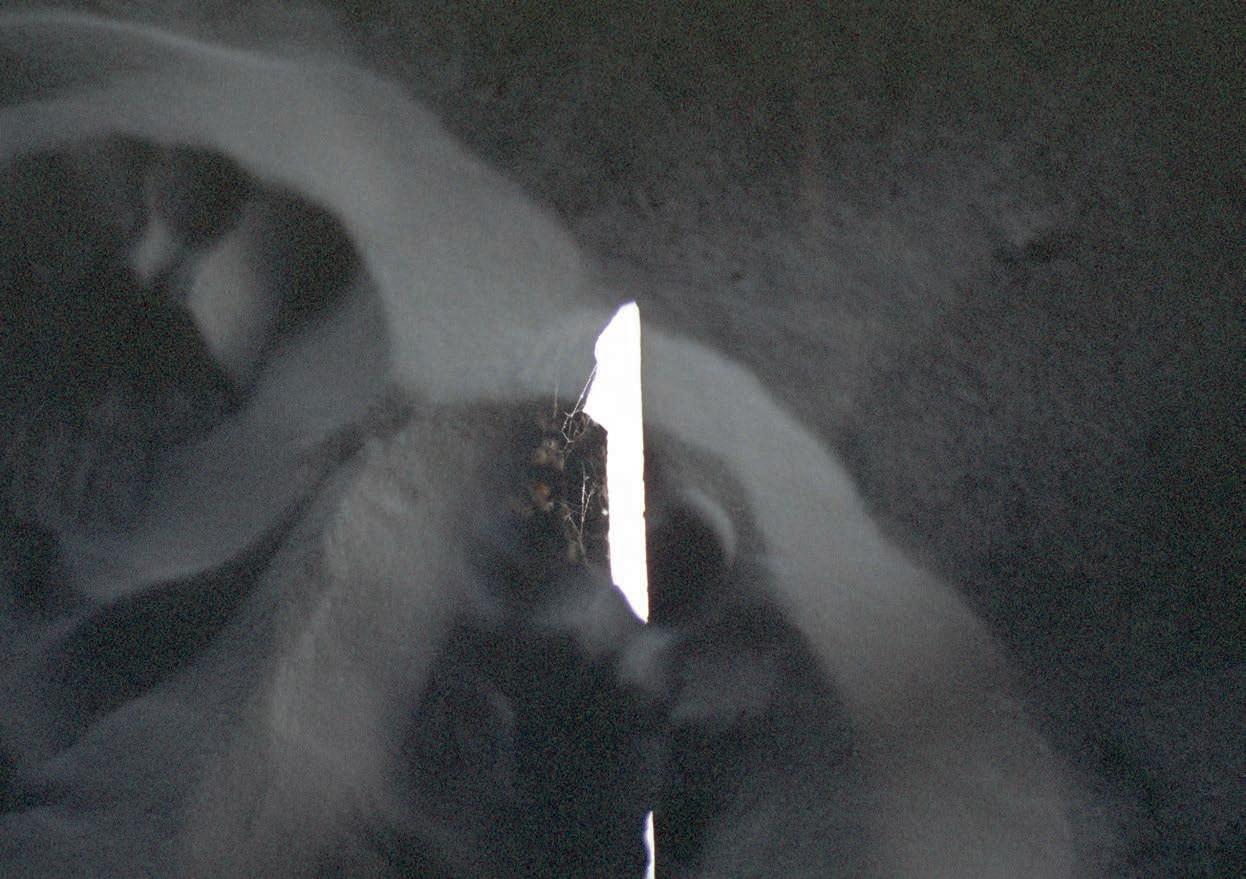
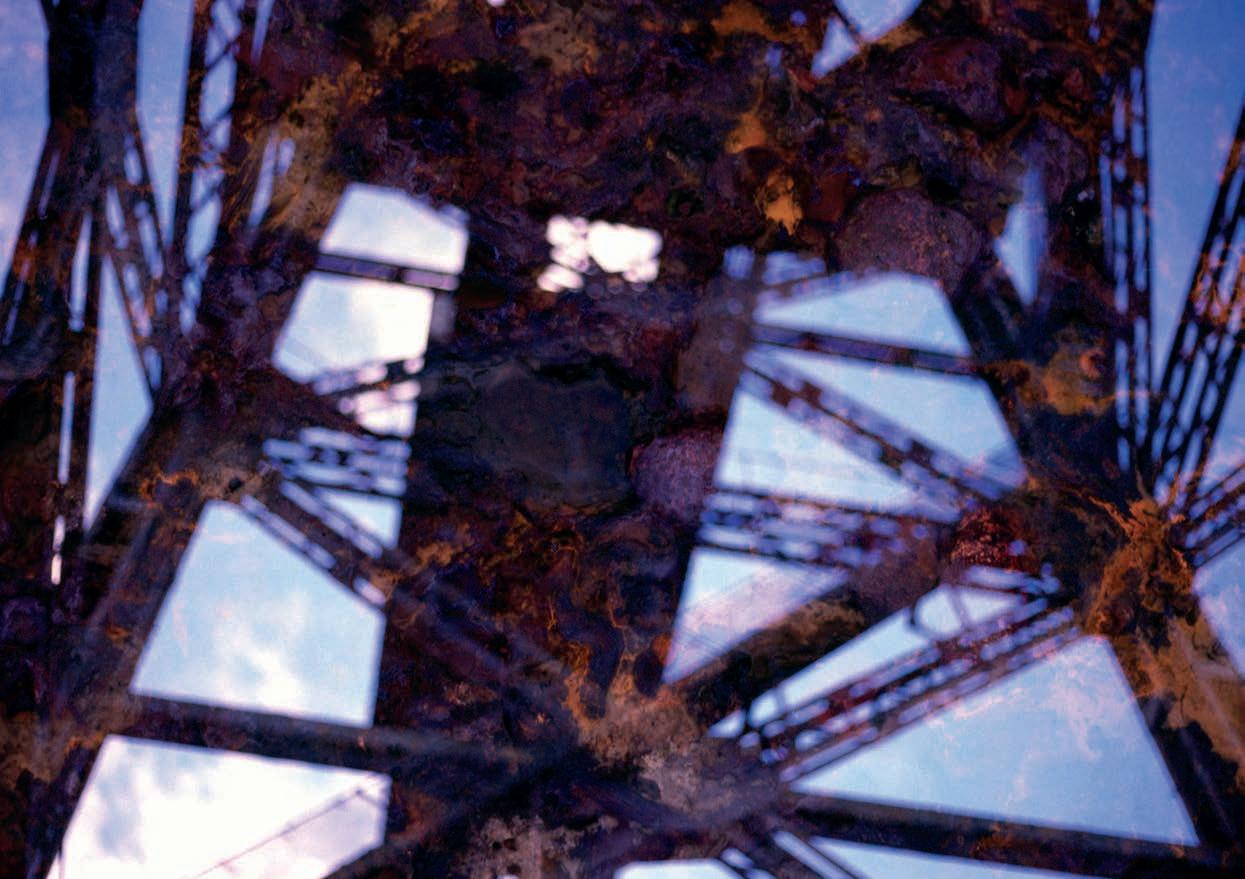
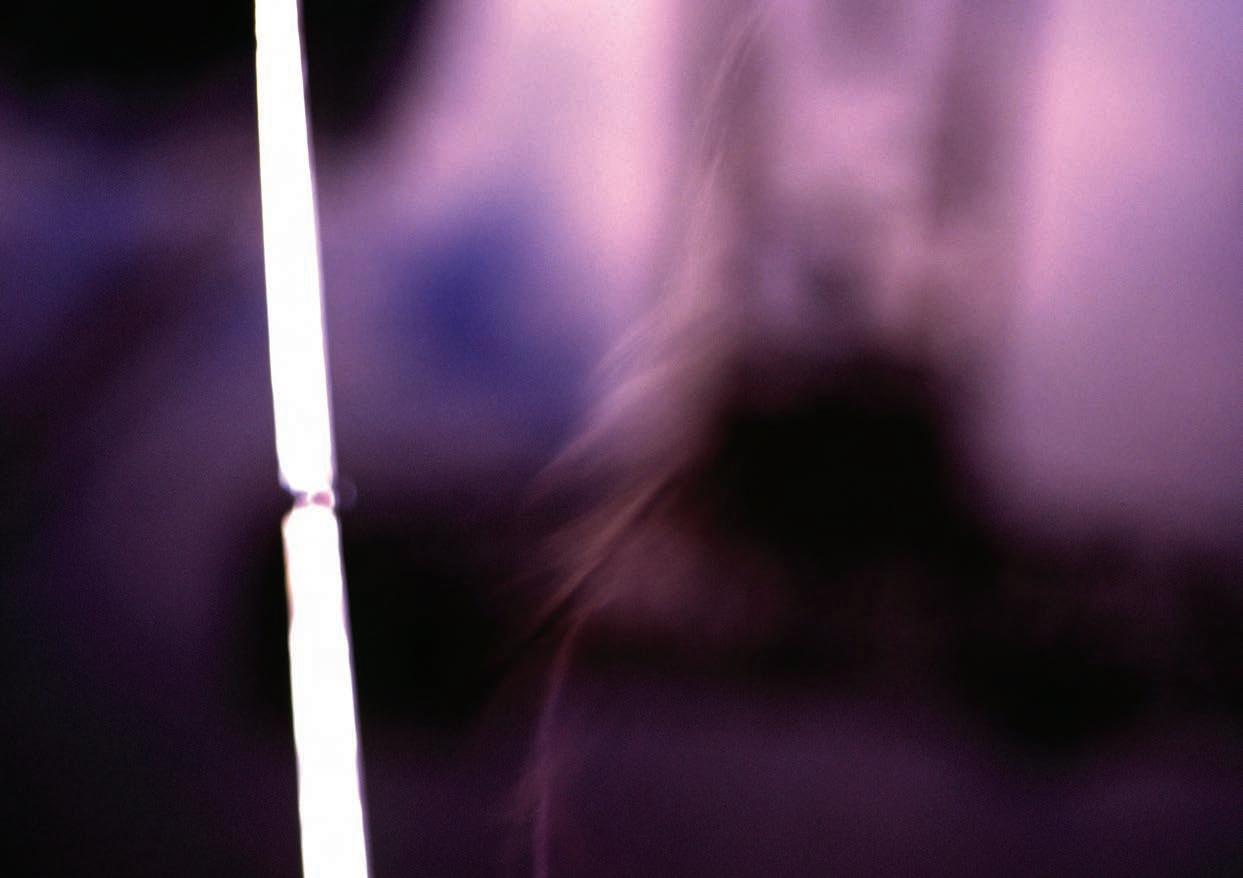
That dirt-coloured patch in the tatty bricks is the shape of Renfrewshire. Superior Victorian bricks stayed the colour of themselves, hung on to their warmth, refused to stain. Shale blossomed in the kiln, burned off, leaving its ghost, like something that would keep itself unforgotten - those child-shaped smudges on the roadway in Hiroshima.
If something inside were spoiling us, like shale, if Renfrewshire were heart shaped, if the heart were brickwork, stained with burning; if it were deemed an inferior heart.
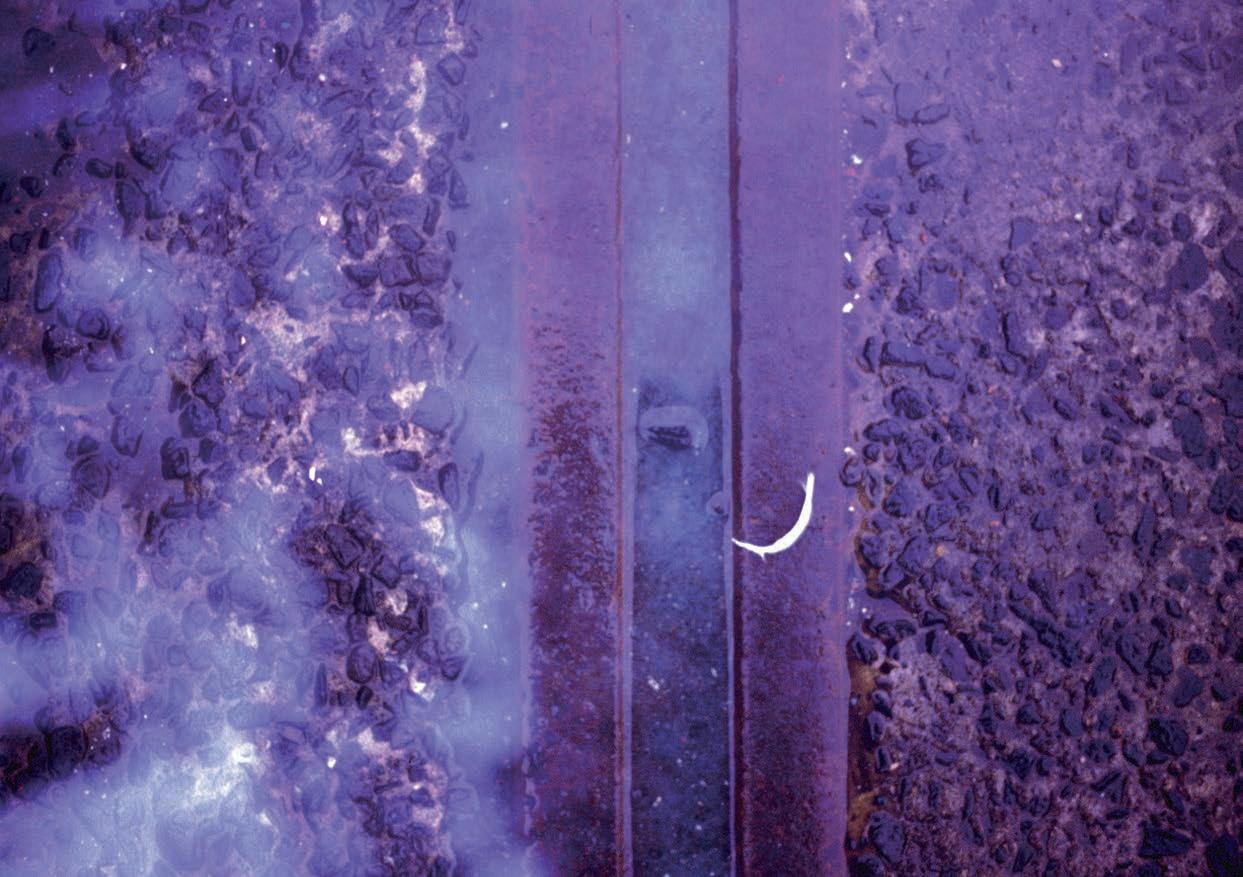
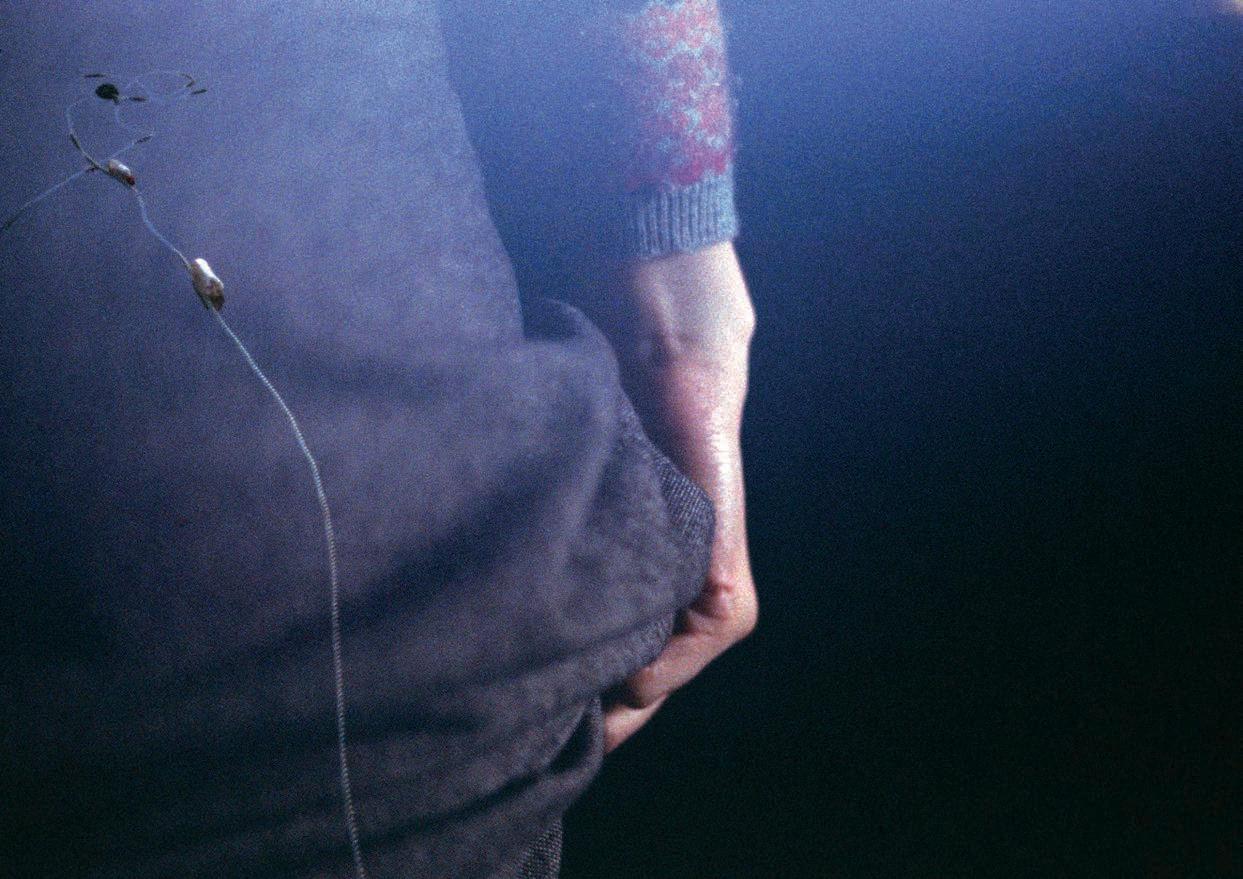
Suddenly the dust has wings. It drifts through an architrave of sunlight, suddenly intense, immediate, blessed. So this must be how the dead persistfigments of light, built from the broken parts of everything we have ever missed.

“This double exposures book is BEAUTIFUL.”
Liz Lochhead, on Reducing Everything to Love, the preceding collection by Alastair Cook and Jo Bell.
Everything We Have Ever Missed was made by Alastair Cook and John Glenday during a series of walks through Greenock’s industrial past this last winter. It is part of Absent Voices.

Alastair Cook is an artist working in photography and film. Over the past summer Alastair was artist in residence at Dutch Gable House in Greenock as part of Absent Voices. His double exposure photography is made using 35mm film: there is no digital trickery, the film is sent through the camera twice, hiding the resulting images until processing.
www.alastaircook.com | www.twitter.com/AlastairCook
John Glenday is a poet whose lyrically delicate and emotionally powerful poetry combines the customary and the fantastic. His first collection, The Apple Ghost, won a Scottish Arts Council Book Award and his subsequent collections Undark and Grain, were both Poetry Book Society Recommendations.

www.johnglenday.com | www.twitter.com/JohnGlenday






